PENINGANDEXPANDING CIRCLES
2022 IMPACT REPORT

D E E
LETTER FROM THE EXECUTIVE DIRECTOR
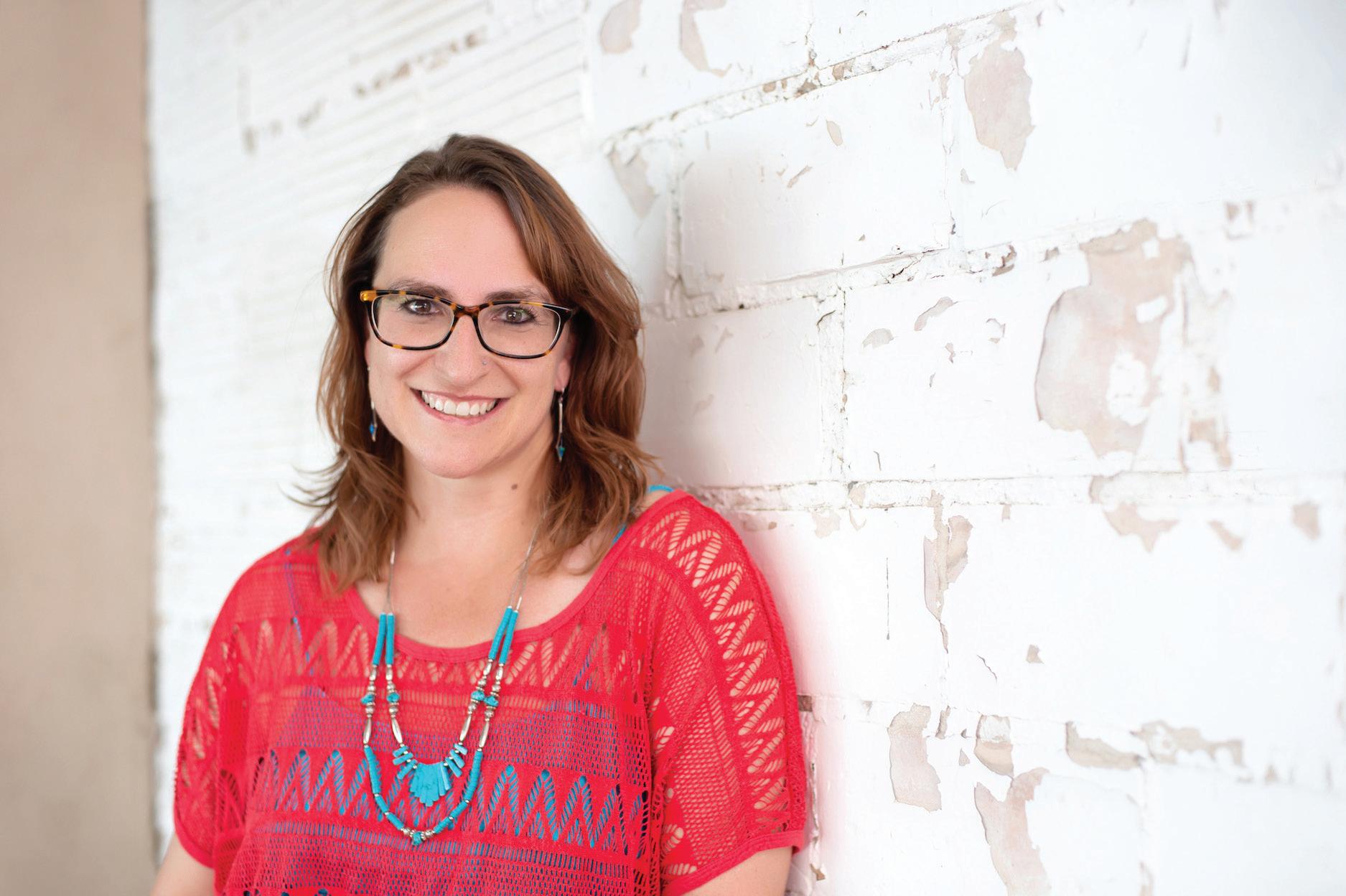
Welcome to the 2022 Impact Report for Circles USA.
You’ll notice that this Impact Report is a little different from previous years, as Circles is always evolving into a more engaging, interconnected way of sharing knowledge. This multimedia report includes several videos along with the usual infographics and inspirational stories.
Our current theme is deepening and expanding Circles USA. The work of ending poverty is profound: it requires us to go deep into our communities, our systems, and our mindsets in order to reimagine communities where everyone can have enough money, meaning, and friends to thrive. In these depths, we confront exhaustion, shame, and harmful narratives about poverty. We also discover strength, connection, and innovation to do what we do better. And when we deepen our expressions of the Circles model, we then have the capacity to expand our impact. We reach more communities and more families who are moving from surviving to thriving. This report will detail the ways in which 2022 has been an amazing year of transitions, deepenings, and expansions.
Circles USA’s veteran chapters have shown such fortitude throughout the pandemic. Many took this time to regroup and replenish their chapters, deepening their communities’ expression of Circles by implementing our collective best practices and innovations. Their 2022 results show success and dedication in the face of the mounting obstacles. Four new Lives Transformed videos embedded here capture the inspiring stories of individuals and communities who have deepened and expanded their lives with Circles.
Our newest chapters are answering the call to build thriving communities and to expand the impact of the Circles USA into even more states across the nation. We’ll introduce you to 10 chapters who joined the Circles family in 2022 and detail significant awards that new Circles partners in Tennessee and Maryland secured for poverty alleviation systems work.
As the Circles USA network continues to flourish, the national office is adding capacity to grow our level of care for our chapters. We deepened our staffing structure by adding regional coaches to support regional communities of practice. You can meet our regional coaches on pages 18 and 19. We look forward to sharing the results of this deepened support, connection, and collaboration.
Though we wished our Executive Director Jamie Haft farewell in May, we continue to benefit from her contributions to Circles USA. For me, pivoting from Chief Learning Officer (CLO) to Executive Director has been a challenge to deepen and expand my capacity and skill sets to serve you better. And we’ve had the great bounty of hiring a new CLO. The experience and heart that Yvette Trujillo brings to the national office has been a powerful force for good already!
This year, our Board of Directors deepened their connection to members in the field by launching an Advisory Council made up of representatives from various chapters, roles, regions, and backgrounds in our Circles USA community. Learn more about this new council on page 16. This expansion of direct, two-way communication between Board and stakeholders will surely yield important perspectives to foster the evolution of Circles with integrity and accountability.
These are just a few highlights of Circles USA deepening and expanding in 2022. We believe this multimedia report will encourage you to view our results, hear our stories of transformation, and read about where we’re headed next—all of which is made possible by you, our Circles community of practice and friends.
Thank you for your continued support and for all you do to build community to end poverty. May you be inspired to deepen and expand all year long.
Executive Director, Circles USA

ABOUT THE CIRCLES DOCUMENTARY FILMS
Our 2022 film series, comprising nine short documentaries produced by Board member Jennifer Pelling with support from the Tsuha Foundation, showcases the stories, journeys, and relationships of Circles USA participants across the nation.
“In every chapter, we appreciated how kind and open all the Circle Leaders, Allies, staff, and volunteers were. The filming process can sometimes take awhile, and everyone was SO generous with their time and energy. I hope we were able to relay how much Circles people care about each other and how transformative it can be.”
Jennifer Pelling
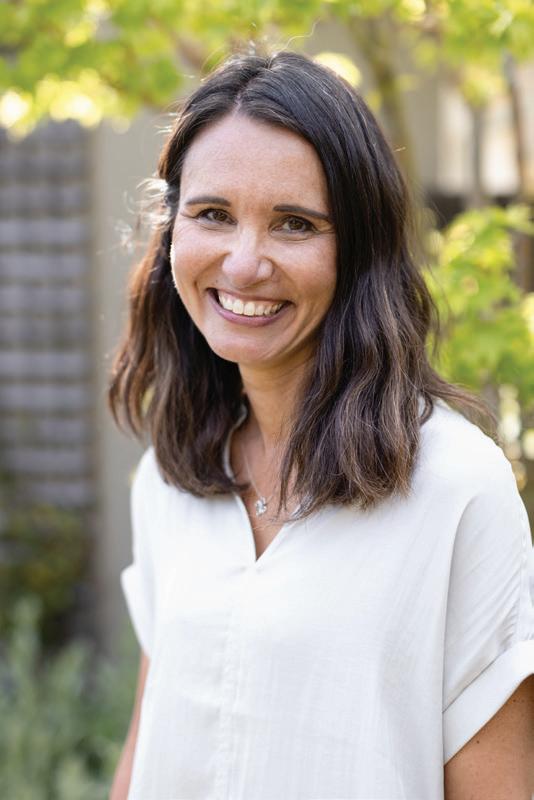
Special thanks to: Jennifer Pelling; her filmmaking team; Circles Green Bay, WI; Circles Troup County in LaGrange, GA; Circles Davis County in Clearfield, UT; and Circles Upstate SC in Greenville, SC.
The films you’ll find embedded throughout this Impact Report address topics central to Circles USA’s mission and practice in building community to end poverty: entrepreneurship, financial literacy, shifting narratives around low-income families, and more. Above all, the films illustrate how Circles resources and encourages families to move beyond surviving poverty to thriving with economic and personal stability that is rich with multiple kinds of capital.
Watch our complete 2022 Circles USA documentary series on the Circles USA YouTube Channel
4 | Circles USA 2022 Impact Report
What is Circles USA?
Circles USA works at national and local levels to reduce poverty by building community. Our model gathers middle-income and upper-income volunteers (called Allies) to come alongside people experiencing poverty (called Circle Leaders) for 18 months of support and friendship. Through online or in-person training and weekly meetings, these relationships help families climb out of poverty and remove the barriers that kept them there.
In this video, Circles USA participants from across the U.S. describe how our network has helped transform their lives and communities.
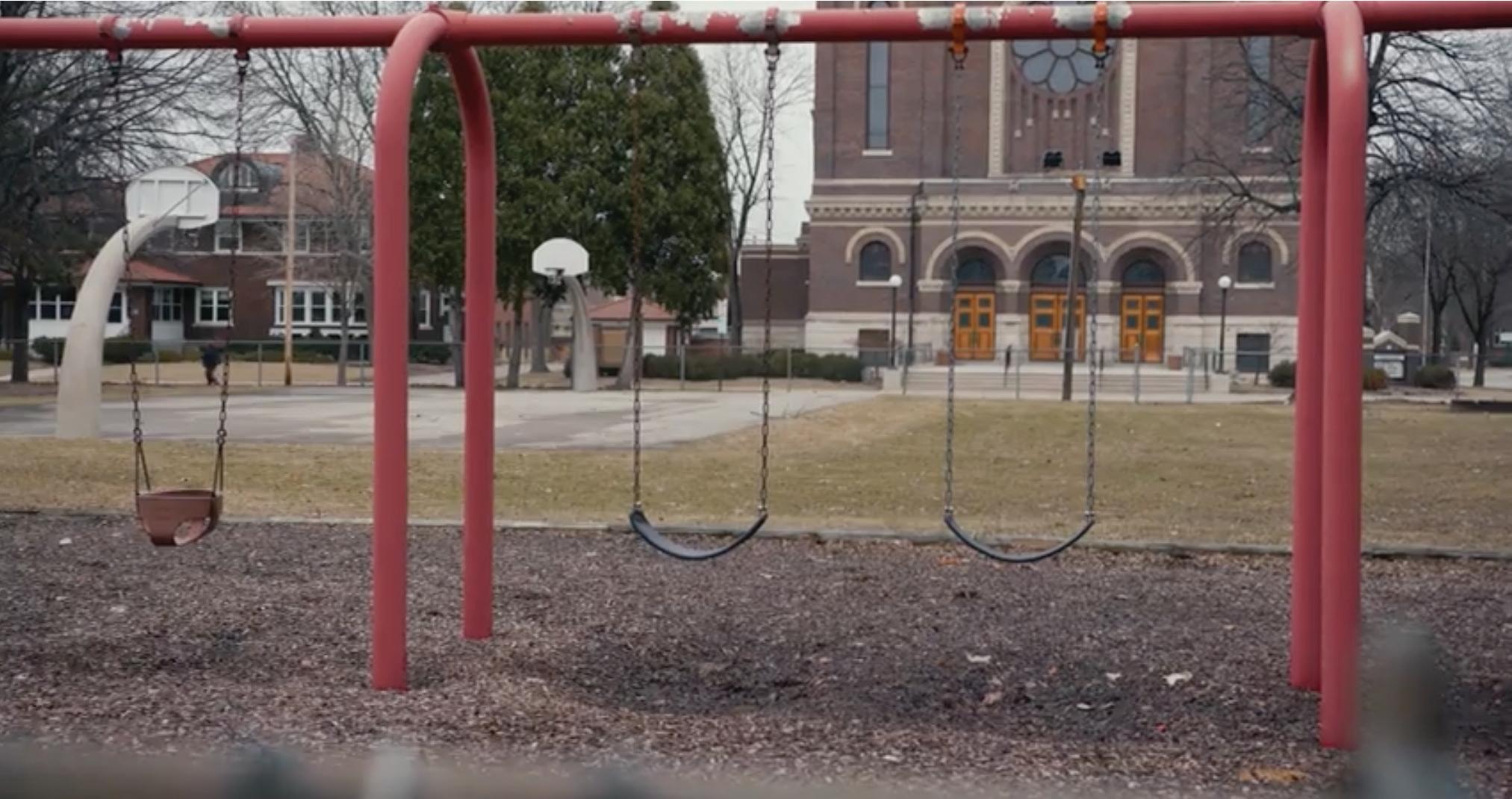
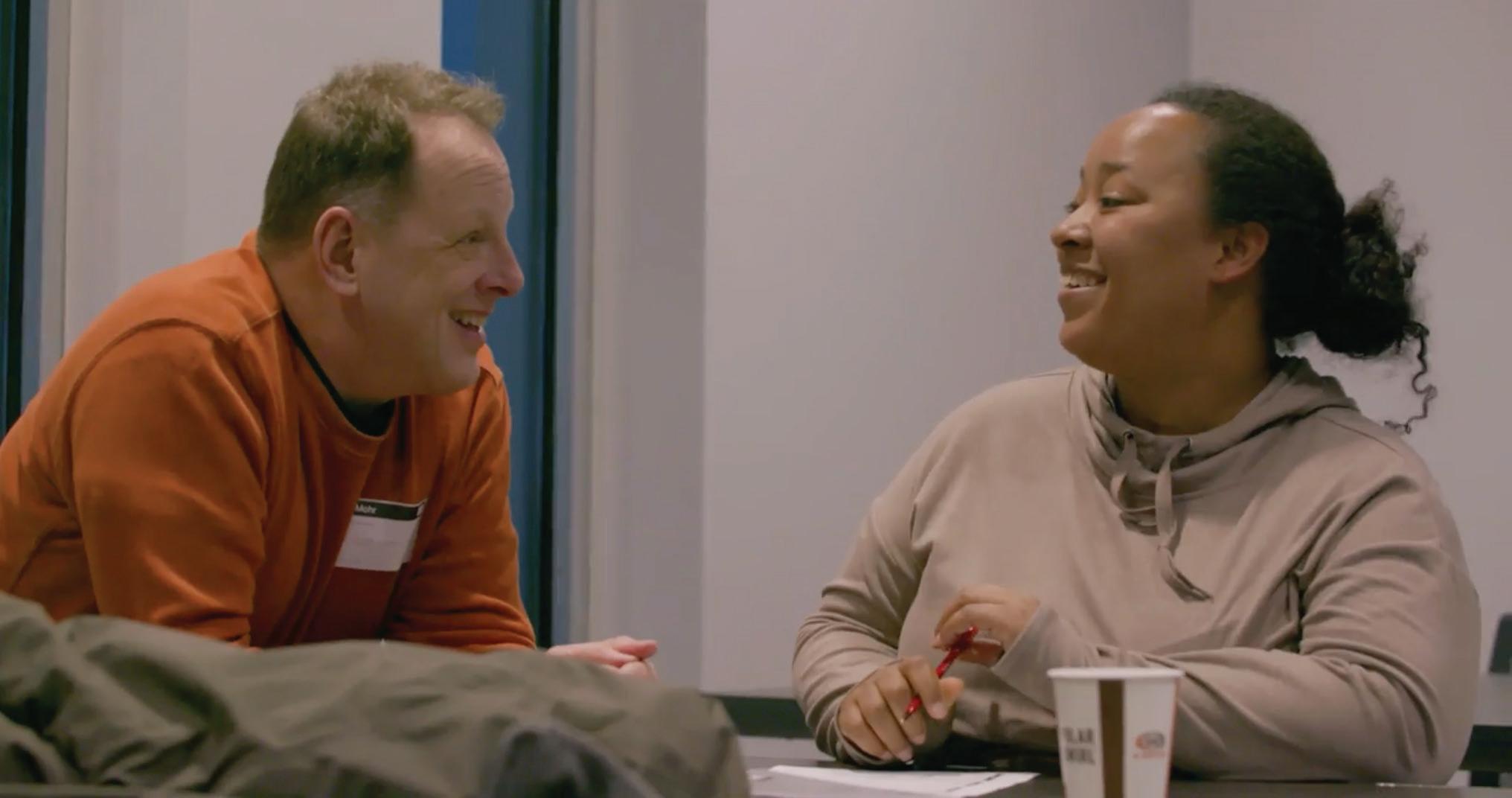
THE CIRCLES MODEL
What is Poverty?
At Circles USA, we believe “the beginning of the end of poverty” must start with understanding our current beliefs. While Circles has books and training programs that can increase people’s awareness of their beliefs, our most important strategy is creating opportunities to build healthy and effective relationships across socioeconomic class lines. In this video, participants discuss how Circles builds spaces where people challenge their assumptions and arrive at more informed views of poverty.
5 | Circles USA 2022 Impact Report
SOCIAL CAPITAL
To foster intentional relationships, our model provides three kinds of social capital (or valuable networks of human connection): bonding, in which social capital develops as participants pursue their pathways with peers; bridging, in which social capital expands each Circle Leader’s connections to opportunities and a broader community through their Allies; and linking, in which social capital emerges through community organizing that pursues systemic change—like creating job pathways and educational opportunities that benefit whole communities. Bonding, bridging, and linking social capital are lifelong assets that equip stakeholders to thrive.
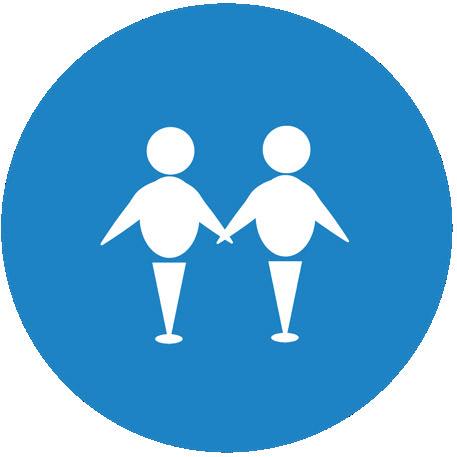
1 2 3



bridging linking
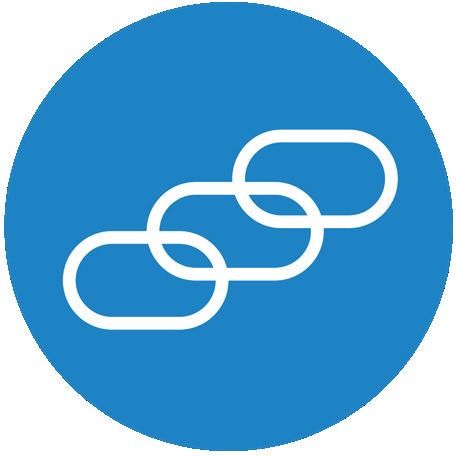
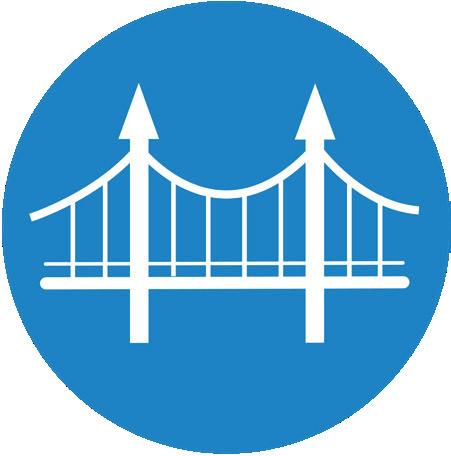
bonding
in which social capital develops as participants pursue their pathways with peers.
in which social capital expands each participant’s connections to opportunities and a broader community through volunteers.
in which social capital emerges through community organizing that pursues systemic change—like creating job pathways and educational opportunities that benefit whole communities.
6 | Circles USA 2022 Impact Report
This December, Executive Director Kamatara Johnson shared Circles USA’s model and results at an Economic Mobility Summit hosted by Palm Beach County Community Services in West Palm Beach, Florida. The Summit—which gathered around 450 poverty alleviation specialists and 11 sponsoring government and nonprofit organizations from across the Southeast region and U.S.—was the first annual convening of the Securing Our Future Initiative (SOFI). Participants addressed topics including safety and justice, health and wellness, food and hunger, employment, childcare, housing, education, transportation, and technology.
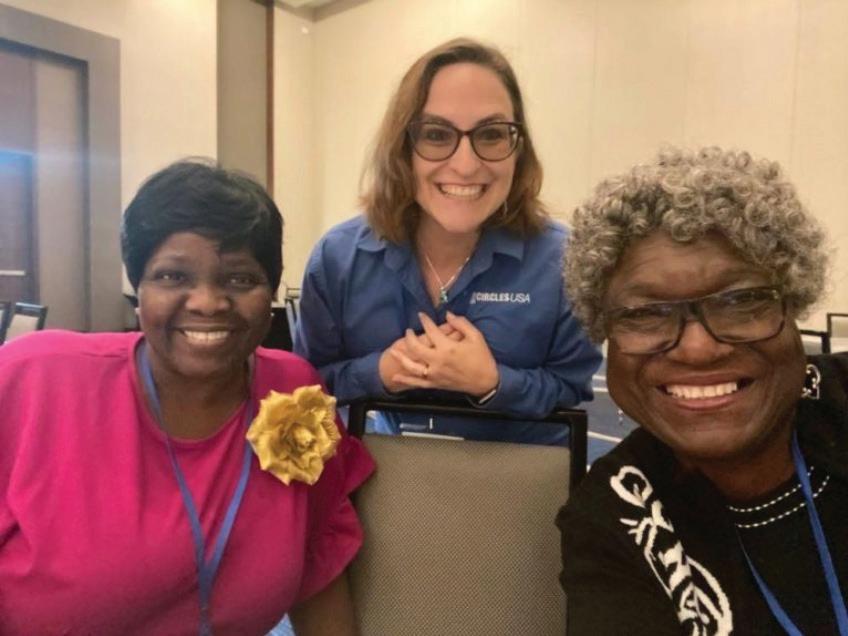
Johnson’s talk shared Circles USA’s decades of experience and knowledge, emphasizing the ways in which building intentional relationships can improve pathways for upward mobility for low-earning workers. Keynote speaker Raj Chetty (Professor of Public Economics at Harvard University and Director of Opportunity Insights) and panelist Dr. Camille Busette (Director, Race, Prosperity, and Inclusion Initiative, Brookings Institute) spoke directly to this social capital model, with new data from a study illustrating how communities can leverage social capital networks to advance economic mobility.
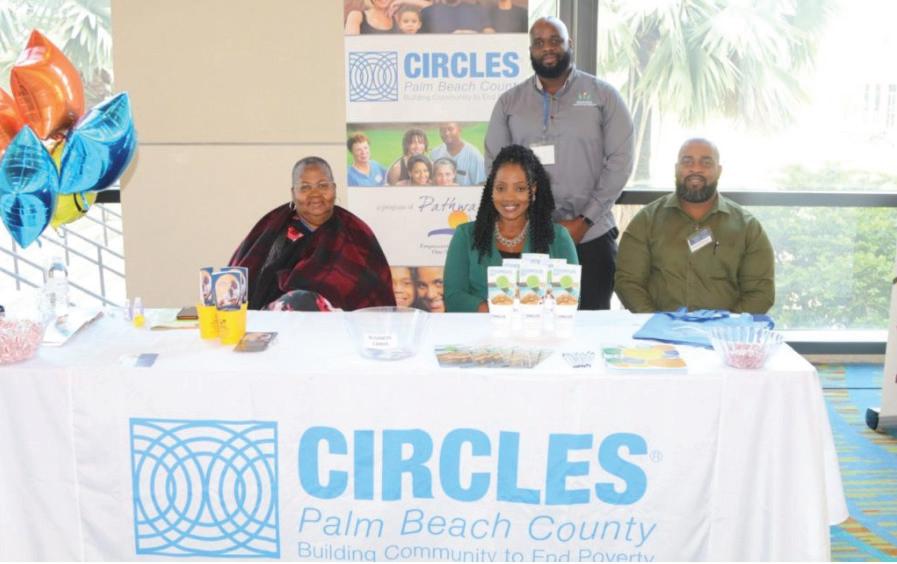
7 | Circles USA 2022 Impact Report
LIVES TRANSFORMED
The Circles USA model supports people’s efforts to deepen and expand what they think is possible: for themselves, their families, and their communities. As Circle Leaders reach milestones in their journeys toward financial stability, we document their achievements as Lives Transformed stories to highlight joy and hope as valuable tools in combating poverty.
8 | Circles USA 2022 Impact Report
Budgeting and Saving | Ashon’s Story
Budgeting and other financial skills can help families move from surviving to thriving. Here, healthcare worker Ashon describes her first Circles USA meeting as “A breath of fresh air”. . . one that would connect her with the support network she needed to reach her savings goal and build an emergency fund to sustain her family through unexpected setbacks.
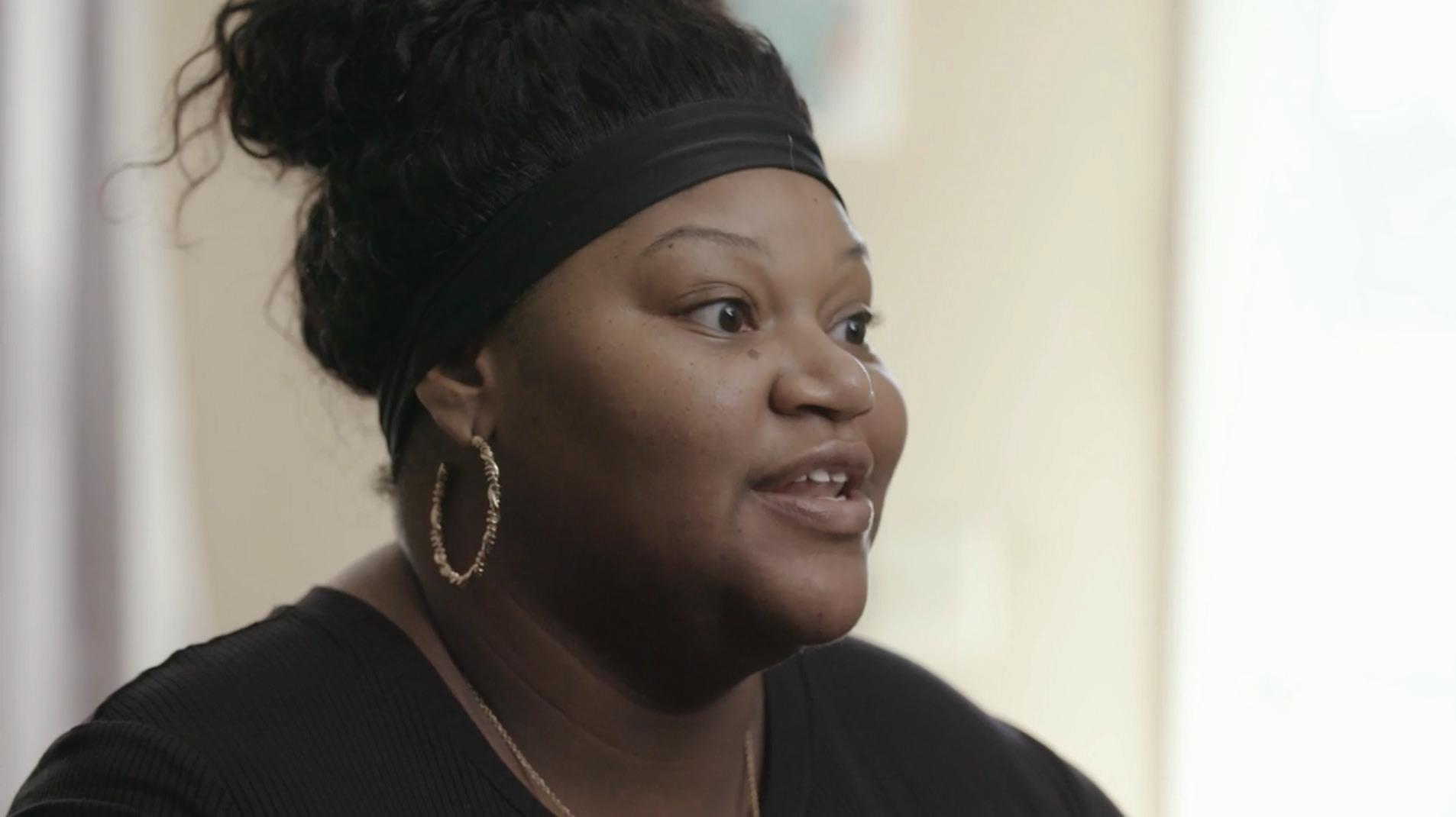
LIVES TRANSFORMED
“I feel more secure because of my time at Circles. I feel more joy because I know that I have that support system there.”
9 | Circles USA 2022 Impact Report
—Ashon Circles Troup County, Georgia
LIVES TRANSFORMED
LIVES TRANSFORMED
Education and Self-Confidence | April’s Story
Social isolation can lead to “survival mode”—an exhausting cycle that traps people in poverty. April, a young mother in Wisconsin, felt stalled in her life and wanted to build meaningful connections in her community. In Circles USA, April found Allies who helped her access the self-confidence she needed to prioritize self-care, further her education, and pursue professional credentials.
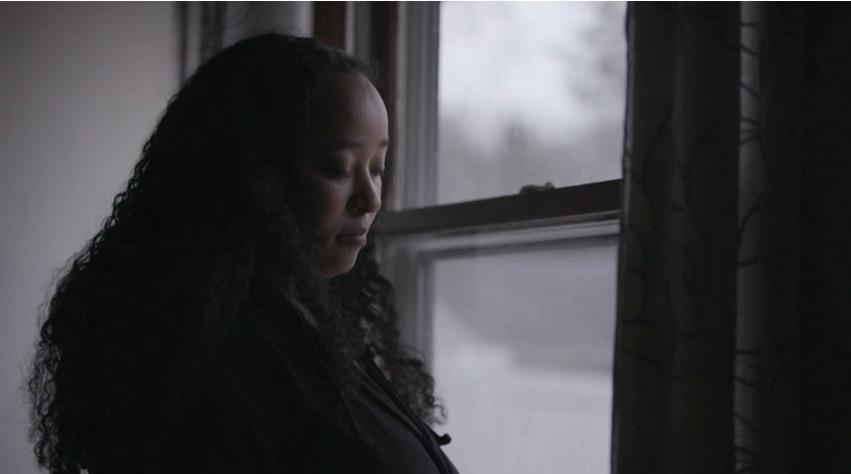
“I’m really proud that I can show my kids I’m doing these hard things. I’m making it, and they’re going to make it too.”
—April Circle Leader Circles Green Bay, Wisconsin
10 | Circles USA 2022 Impact Report
Asking for Help | Yakilin’s Story
What if hard work isn't enough to break the barriers keeping a person in poverty? Yakilin is a single parent who buried herself in work to cope with loneliness and economic anxiety. When Yakilin stepped out of her comfort zone and joined Circles USA, she built bonds that empowered her to reach out in times of need—giving and receiving support within a caring, non-judgmental community.
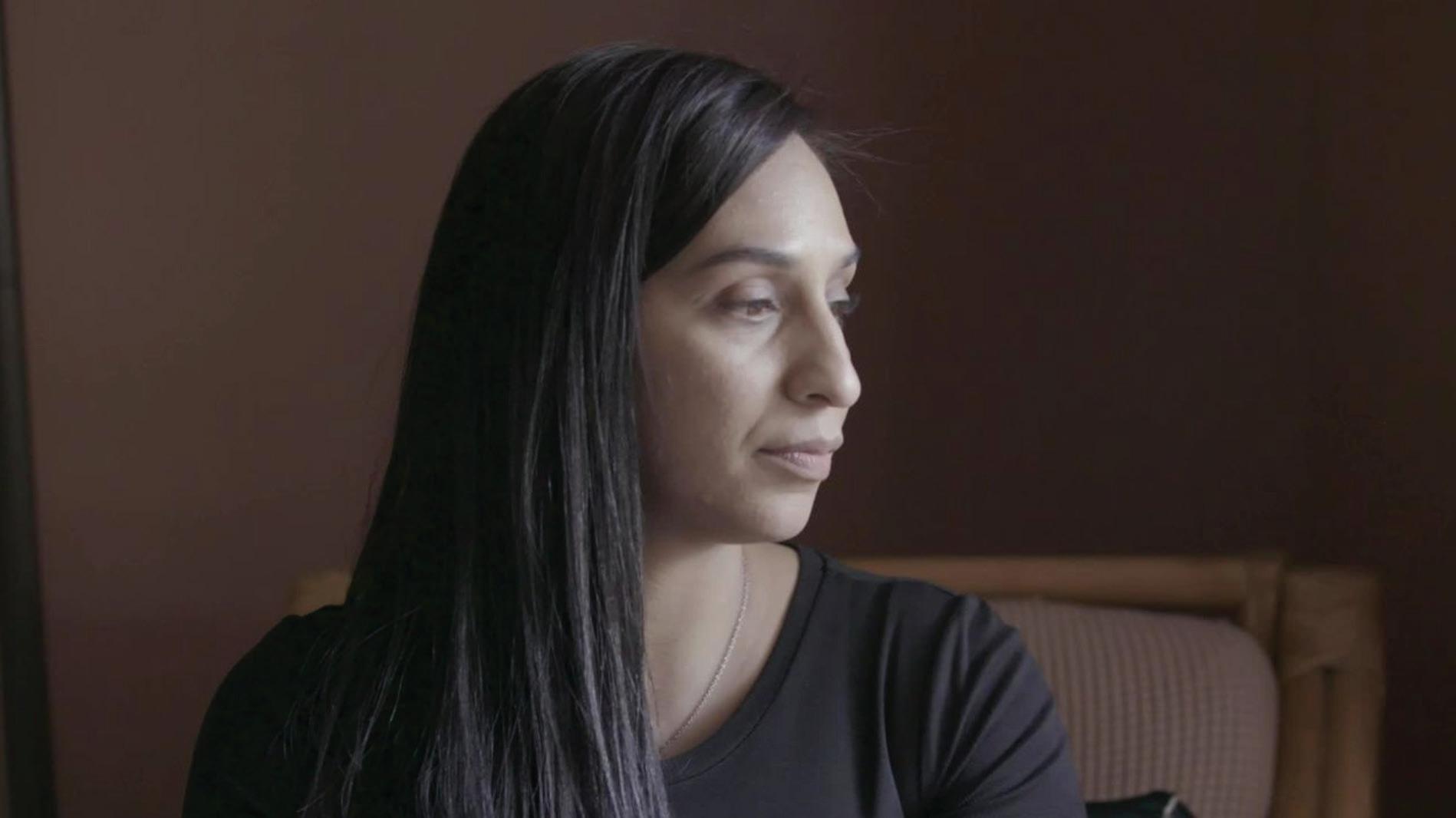
LIVES TRANSFORMED
“Circles changed me—I’m more comfortable with myself. There’s help out there, and it’s OK to ask.”
—Yakilin Circles Davis County, Utah
11 | Circles USA 2022 Impact Report
LIVES TRANSFORMED
Building a Business | Pam’s Story
An often-overlooked path out of poverty is entrepreneurship. Pam is a single mom in Greenville, South Carolina. She had big goals for her family, yet she struggled to meet them with her income from cleaning houses. Her friends at Circles USA helped her turn her expertise into a successful small business.
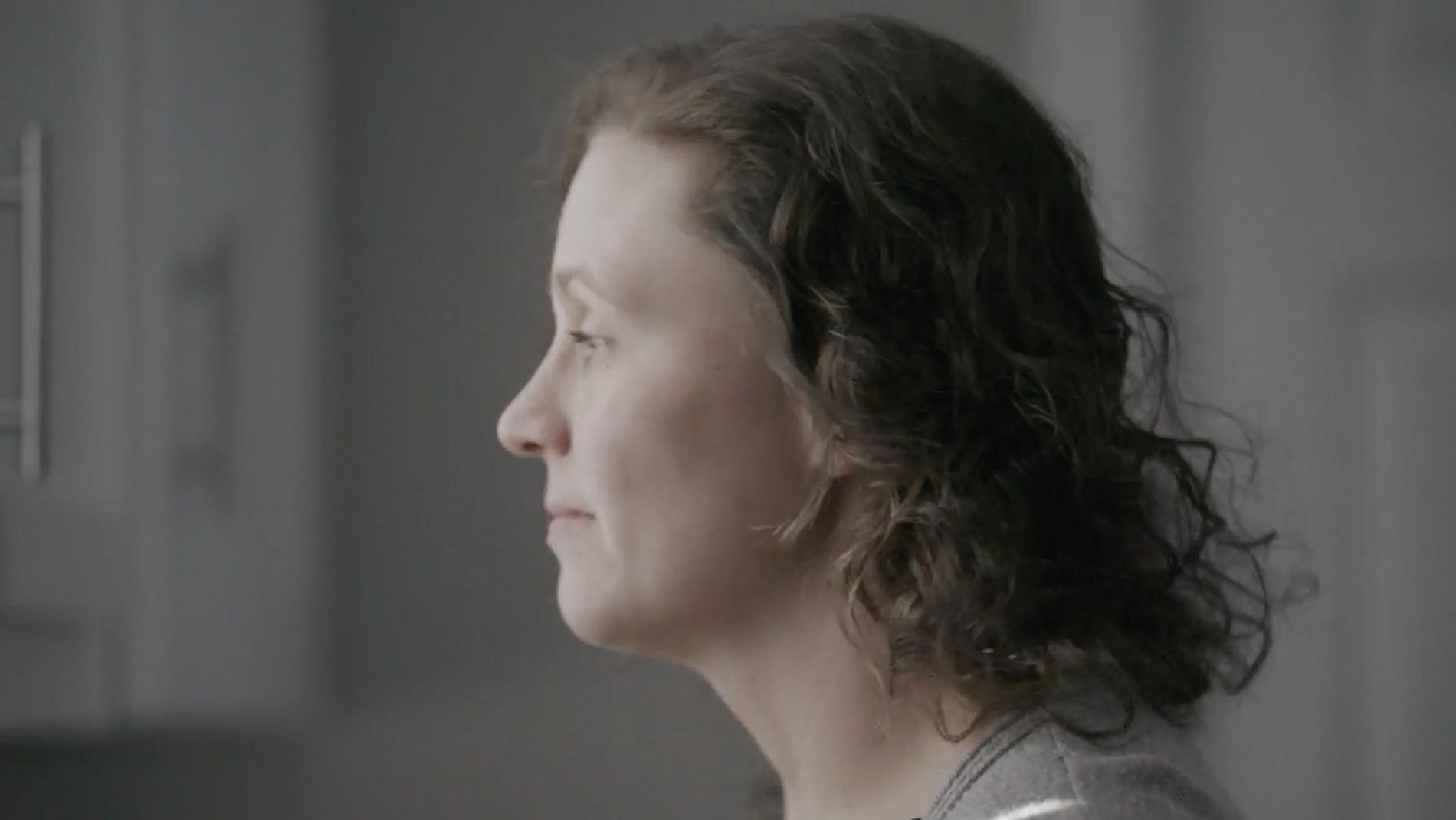
“Circles is not a quick fix; it’s a permanent fix. They want you to succeed for life, not for the moment.”
—Pam
Circles Upstate, South Carolina
12 | Circles USA 2022 Impact Report
We currently have 76 communities involved in Circles USA. In the United States, our presence spans 23 states, 49 counties, and 20 cities with
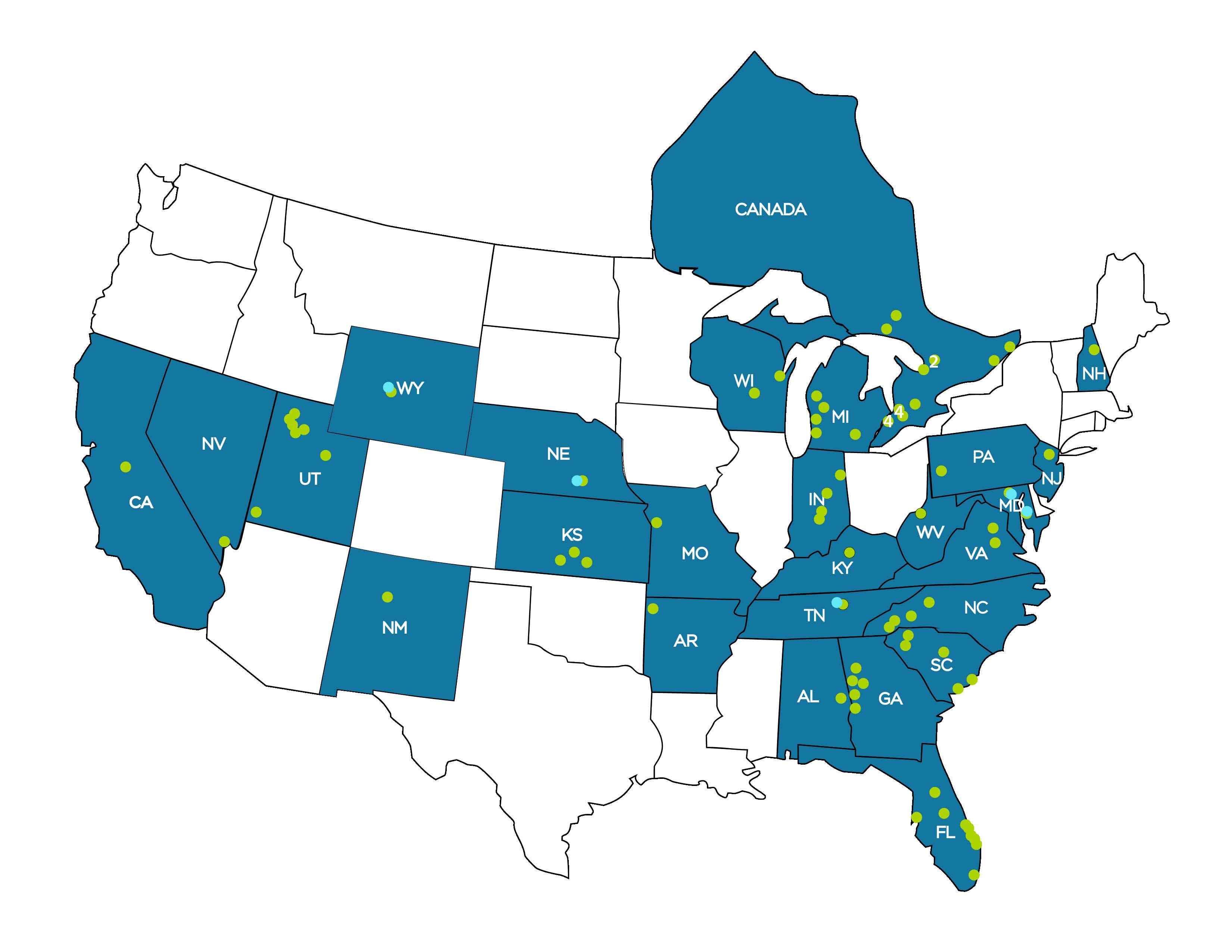
CHAPTER GROWTH
10 New Chapters
Powder Springs, GA
Montclair, NJ
Cookeville, TN
North Conway, NH
Fort Wayne, IN
Hagerstown, MD
South Haven, MI
Hilton Head, SC
Riverton, WY
Hastings, NE
13 | Circles USA 2022 Impact Report
PARTICIPANT DEMOGRAPHICS

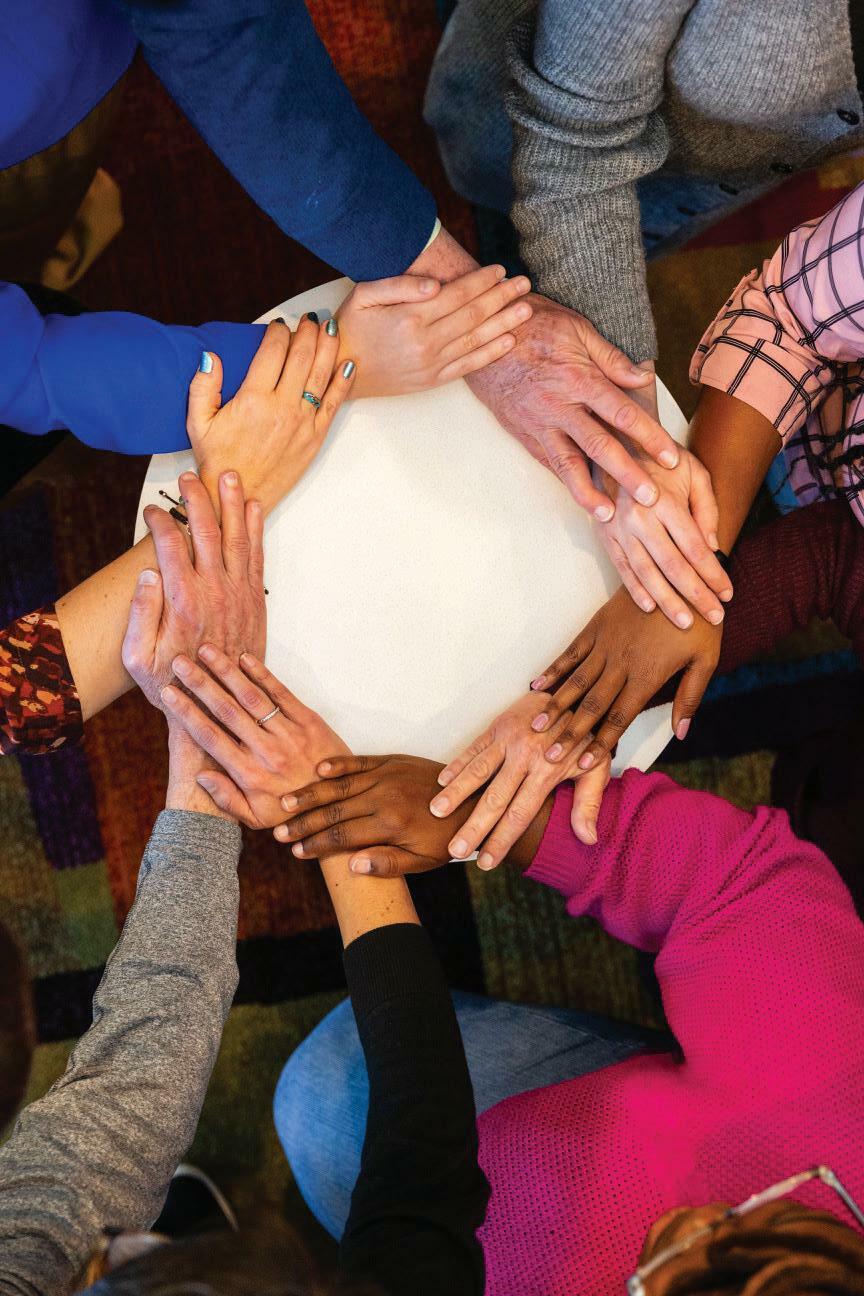
ETHNIC BACKGROUND



14 | Circles USA 2022 Impact Report
GENDER
85% 15% FEMALE MALE
POVERTY TYPE SITUATIONAL GENERATIONAL 50% 50% 36% 2% NATIVE AMERICAN / AMERICAN INDIAN / INDIGENOUS 4% OTHER 6% HISPANIC / LATINX / CHICANX AGE DISTRIBUTION 33% 36–45 yrs 22% 46–55 yrs 8% 66+ yrs 14% 56–65 yrs 21% 26–35 yrs 2% 19–25 yrs 52% WHITE / CAUCASIAN / EUROPEAN BLACK / AFRICAN AMERICAN / AFRICAN
INCREASE IN INCOME
2022 RESULTS
We looked at a random sample of results from 885 participants who journeyed from CIrcles registration . . . to completing a 12-week training . . . to completing 18 months of weekly Circles meetings. These participants showed:
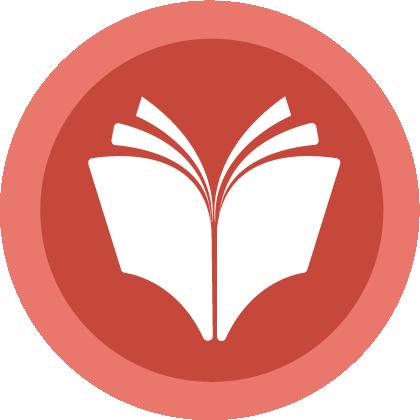

62%
increase in EMPLOYMENT (including 55% full-time and 7% part-time)
64%
increase in EDUCATION (including 21% graduate degrees, 8% four-year degrees, and 35% certifications)
39%




Also by 18 months, participants—on average—achieve these gains: increase in HOME OWNERSHIP
30%
increase in reliable TRANSPORTATION
Additionally, participants dramatically expand their support networks. At registration, participants struggled to name an emergency contact. At 18 months, participants could name more than four people to call on for support.
15 | Circles USA 2022 Impact Report
training completion 6 months weekly Circles meetings 12 weeks 16%
30% 47% 76% Circles registration
NEW BOARD ADVISORY COUNCIL
Kristina Bell
Circles Palmetto, Charleston, SC
Helen Card
Circles Utah Valley, Provo, UT
Amber Edwards Circles Green Bay, WI
Lamont Hampton
Circles Davis County, UT
Yolanda Johnson
Circles Grand Rapids, MI
Carly Maine
Circles Columbus, GA
Dawn Neatherly
Circles of Jackson County, NC
McKenzie Neese
Circles Carbon County, UT
Holly Roberts
Circles of Troup County, GA
Christina Williams
Circles NWA, Fayetteville, AR
Circles USA proudly launched a new Advisory Council in July 2022. This group, tasked with amplifying diverse participants’ voices to guide Circles Board decisions and directions, will provide support and connectivity for our growing network of 75+ chapters.


The idea behind the Advisory Council, says Executive Director Kamatara Johnson, is “to create a comfortable way for members of the Circles community to interact more regularly with the Board—an open space for dialogue between the Board and Circles stakeholders while also fostering leadership opportunities at the national level.”
Board member Jennifer Pelling, who is leading this initiative, says:
“The Board aims for the Council to reflect the diversity of the Circles USA network. We want to engage people representing different roles. Several seats on the Council will be held by former Circle Leaders who have taken on leadership roles at their local chapters. We want to hear from Allies, volunteers, coaches, coordinators, executive directors and community partners, too.”
Advisory Council members represent the diversity of Circles USA chapters as well—faith-based chapters, nonprofit-based chapters, government-based chapters, new and veteran chapters, large and small chapters, rural and urban chapters. The Council includes a spectrum of ethnicities, ages, regions, sectors, genders, sexualities, religions, and political views.
16 | Circles USA 2022 Impact Report
Discussion topics for joint meetings of the Council and Board may include:
•reviewing new Circles USA data and considering the Circles model’s impact and opportunities for improvement;
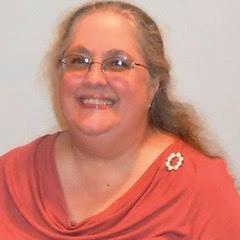
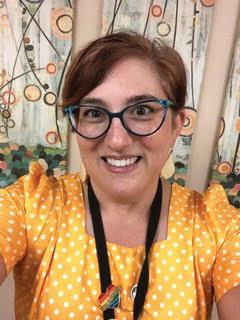
•advancing diversity, equity, and inclusion;
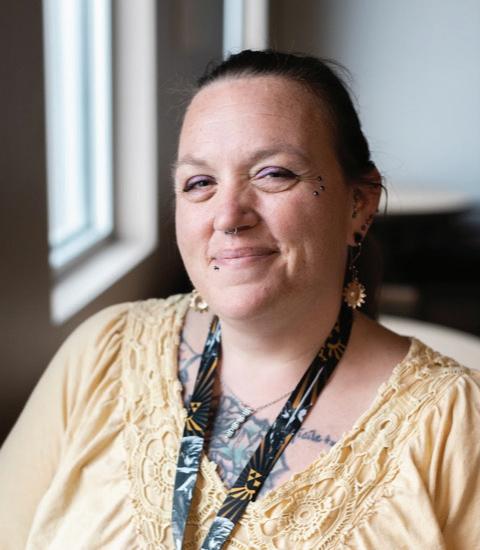
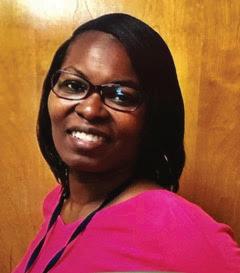
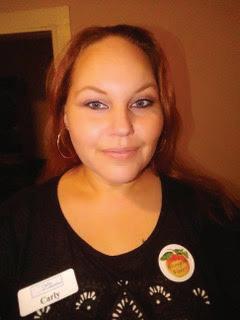

•pursuing systemic change through the Big View; and
•linking poverty alleviation with economic/workforce development.
“The most important topic is what the Council brings forth for Board consideration,” Kamatara adds. “We value our community members’ lived experience and insights, and we’re excited to strengthen Circles with this Council. So we thank all of our amazing applicants!”
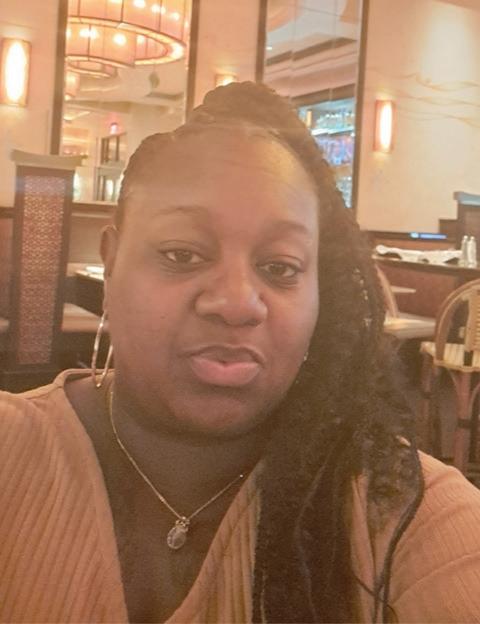

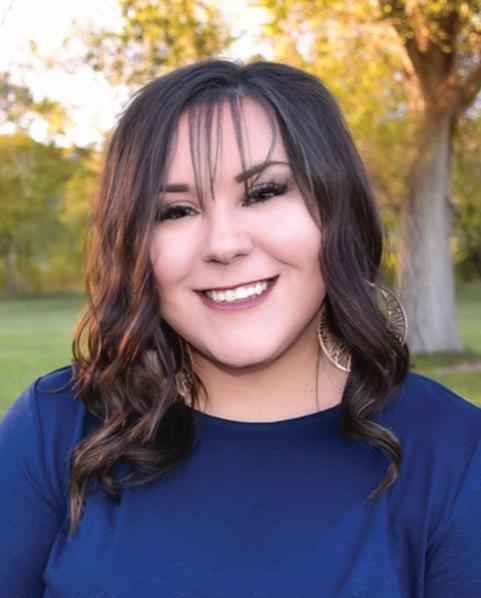
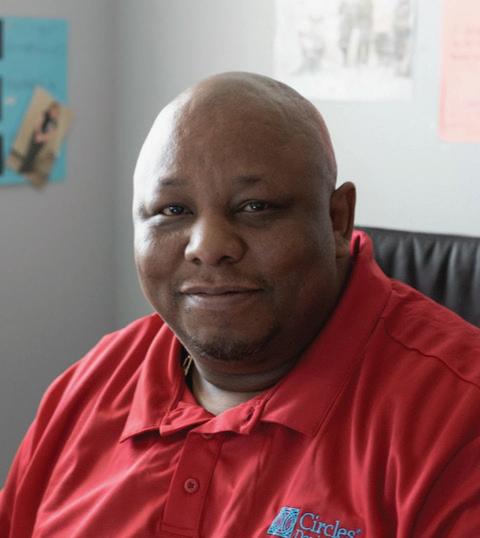
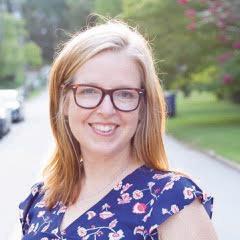
CIRCLES REGIONAL COACHES
As Circles USA continues to expand, the national office is grateful to add more infrastructure and reach to our system of chapter support. To that end, regional coaches are beginning to support the West, the Midwest, the South, and the Mid-Atlantic Region. Working across geographic, economic, and political boundaries, each regional coach hosts monthly regional community of practice calls for mutual support and collaboration, coaches their regional chapters on a regular basis, and advises new chapters in their early design phase before launch. They also support regional collaborations to expand local Big View efforts so as to have a greater impact on systemic change and inform the national office of regional trends and needs.
 Adam Hartnett
Adam Hartnett
Southern Region (FL, GA, AL, SC)
Adam launched his home chapter, Circles Orange County (now Circles Central Florida, which includes two locations: Circles West Orange and Circles Orlando), in 2014. Since October 2020, he’s worked in many roles there and throughout the Southern Region. With Adam’s leadership, this cohort has met monthly for over two years.
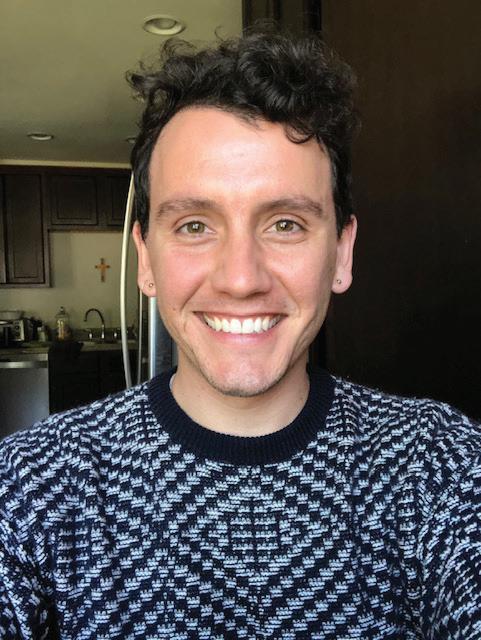
18 | Circles USA 2022 Impact Report
Helen Rai
Mid-Atlantic Region (VA, NC, KY, WV, PA, MD)
Helen was hired as a Circles Coach at Circles RVA in Richmond, Virginia, in 2018. She recently transitioned out of her role with Circles RVA and is currently focusing on creating opportunities for Mid-Atlantic chapters to help one another thrive by receiving the best information and support.


Julie Liske
Midwest Region (MI, WI, IN, MO, KS)
Julie began service as Regional Coach for the Midwest Region on July 1st, 2022. She believes that connecting with her cohort will enrich her life and the lives of those they serve, and she hopes and trusts that what she brings will be helpful, hopeful, and valuable.
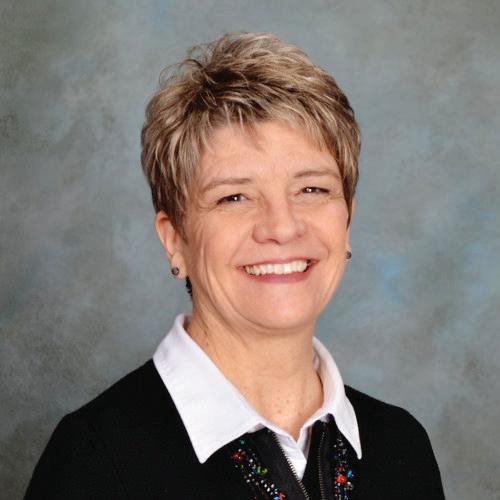
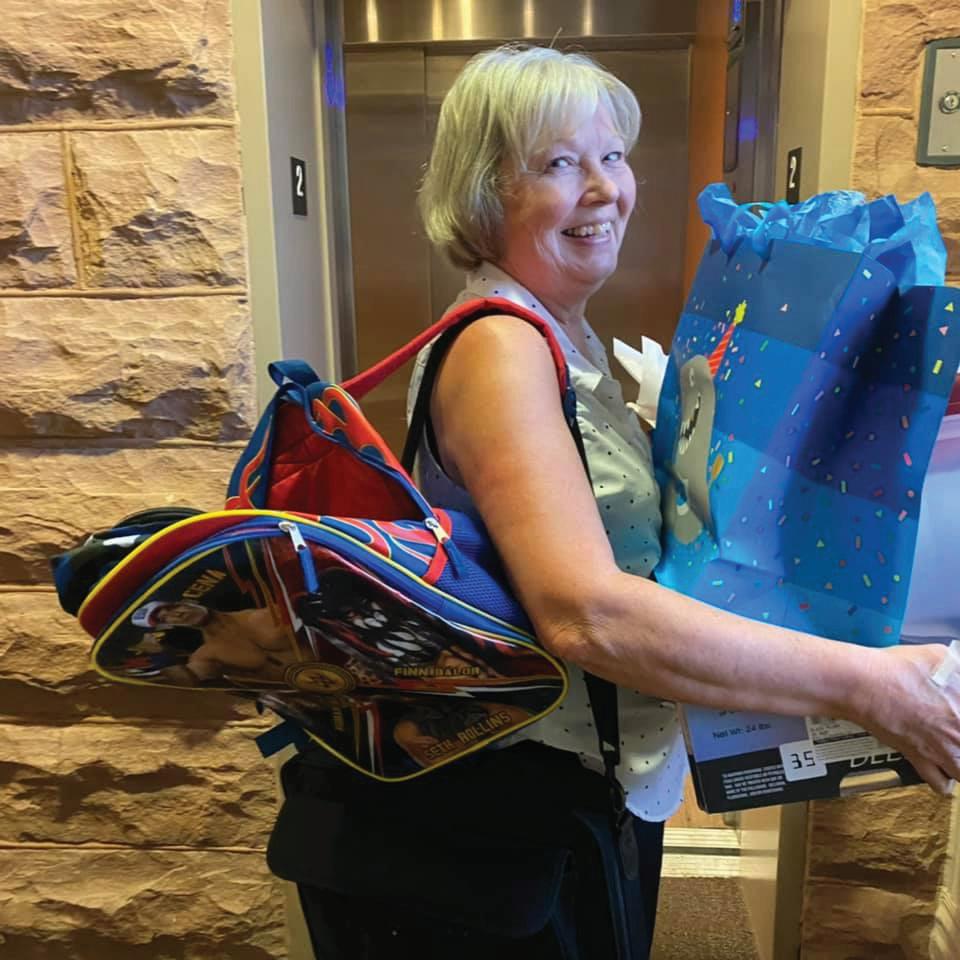
Jeff Tuscano and Karen Todd
Western Region (UT, NM, CA, NE)
Though Jeff and Karen are incoming co-facilitators for the Western Region, Jeff has been a chapter coordinator since July 2020; Karen has been a coordinator since May 2019 and shifted into the coach position in July 2020. Together, they look to provide opportunities that match the willingness of participants to reach their goals and rise above the challenges that hold them back from progressing.
19 | Circles USA 2022 Impact Report
REGIONAL SPOTLIGHT
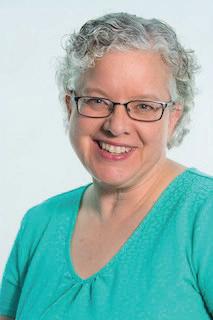
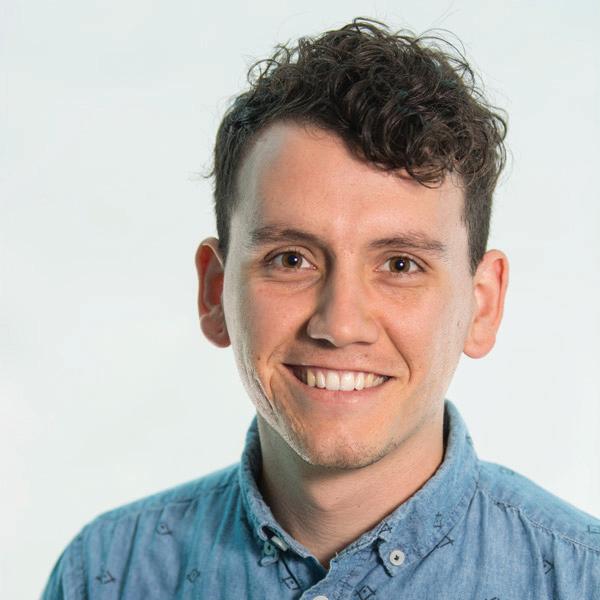
Circles Central Florida/Poverty Solutions Group

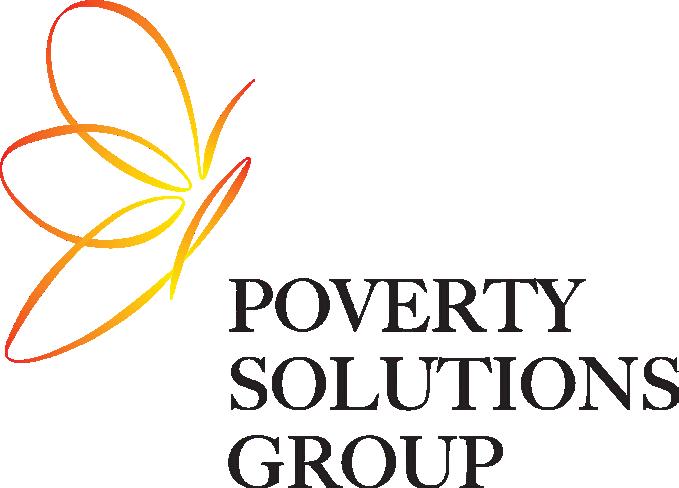
Circles Central Florida (CCF) and its parent organization, Poverty Solutions Group, continued their pioneering work in the Regional Coach arena—building confidence to develop this regional hub into an “expansion chapter:” CCF is collaborating with Family Promise, a nonprofit transforming the lives of families experiencing homelessness, which has yielded another chapter in New Jersey; and stepping up as a partner chapter for the October 2023 Circles USA Leadership Conference.
Circles Coach
Southern Region
20 | Circles USA 2022 Impact Report R
Central Florida
Poverty Solutions Group
Circles USA’s poverty-reduction platform frames policy recommendations within the local, state, and national scope. This platform, informed by our original National Big View Team and authored in 2020 by Board Chair Joan Kuriansky, addresses six issues our chapters flagged as high priority: quality jobs, the “cliff effect” (a phenomenon that occurs when a pay raise at work triggers a disproportionate loss of government assistance), broadband access, healthcare, housing, and transportation. It also emphasizes CUSA’s commitment to addressing the structural biases that unjustly affect people of color and other historically marginalized communities.




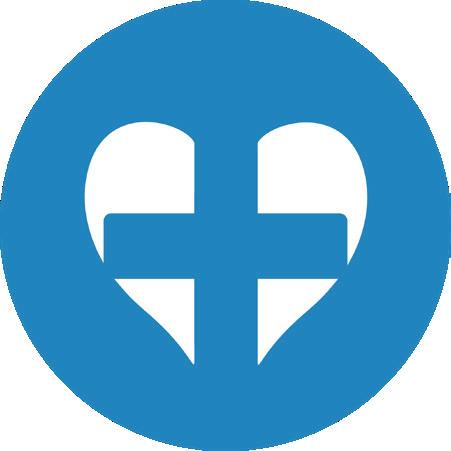


Circles teams deepened and expanded their Big View work this year, tackling systemic change with collective knowledge drawn from government, schools, nonprofits, businesses, and philanthropies. Following a two-year pause for the pandemic, we also reinstated the National Big View Team that gathers BIg View champions from a wide variety of chapters across the country. This team will guide local and national campaigns in 2023 and beyond to address the cliff effect: one issue that poses an existential threat to working class families and unifies chapters across differences to build thriving economies, thriving communities, and thriving families.
Here, we spotlight ways that participants with lived experience of poverty shared their perspectives to shape immediate, practical solutions as well as policy change in 2022.
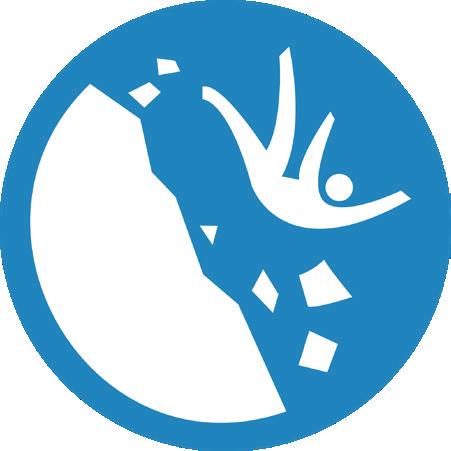
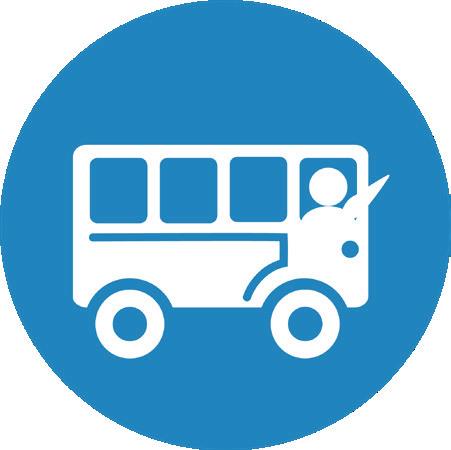
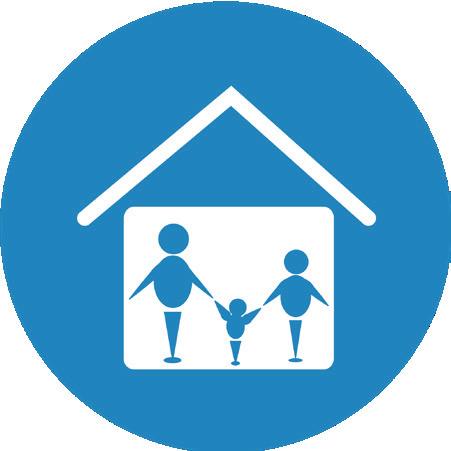
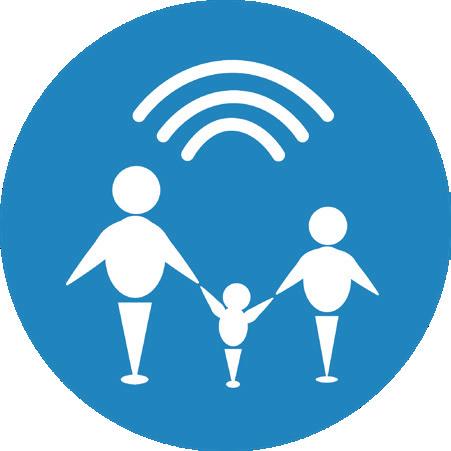
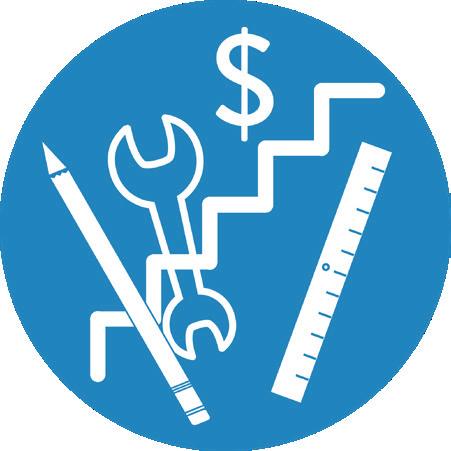
BIG VIEW

21 | Circles USA 2022 Impact Report
BIG VIEW SPOTLIGHT Cliff Effect
Circles NWA (Fayetteville, Arkansas) hosted an in-person learning event titled “The Cliff Effect: When Earning More Means Having Less.” Panelists at the livestreamed discussion included Circle Leaders who were part of the first cohort of the Circles NWA program and have personally experienced the cliff effect. Educator, performer, fashion designer,
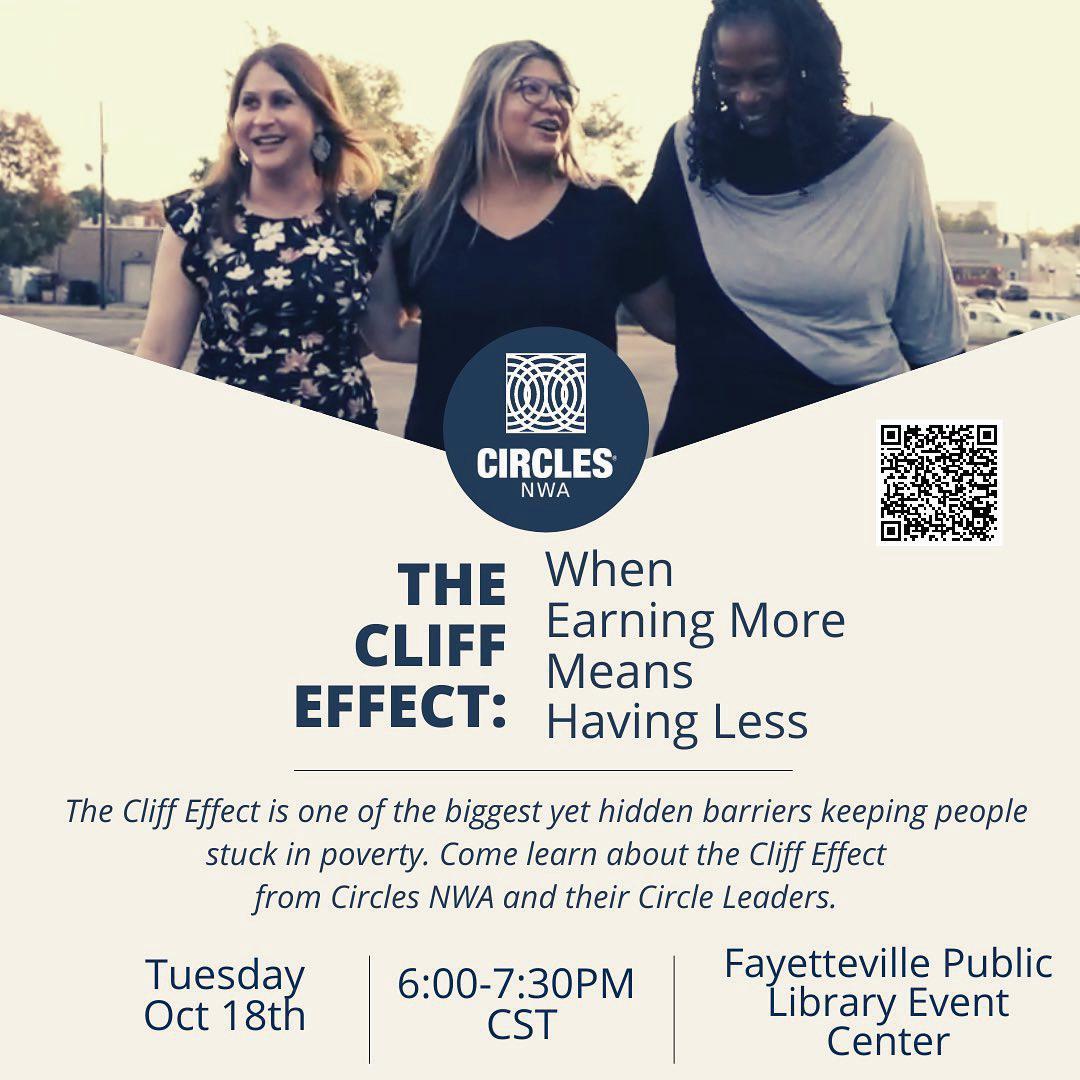
organizer, and entrepreneur Jeremiah Pickett (known professionally as Baang) emceed the event. The City of Fayetteville proclaimed October 18 “Cliff Effect Awareness Day.”
Circles Salt Lake (Salt Lake City, Utah), led by Executive Director Michelle Crawford, organized a hybrid panel discussion in early October to address the cliff effect. The talk was moderated by Salt Lake County Councilwoman Aimee Winder Newton, who also chairs the county’s Poverty Intergenerational Task Force.
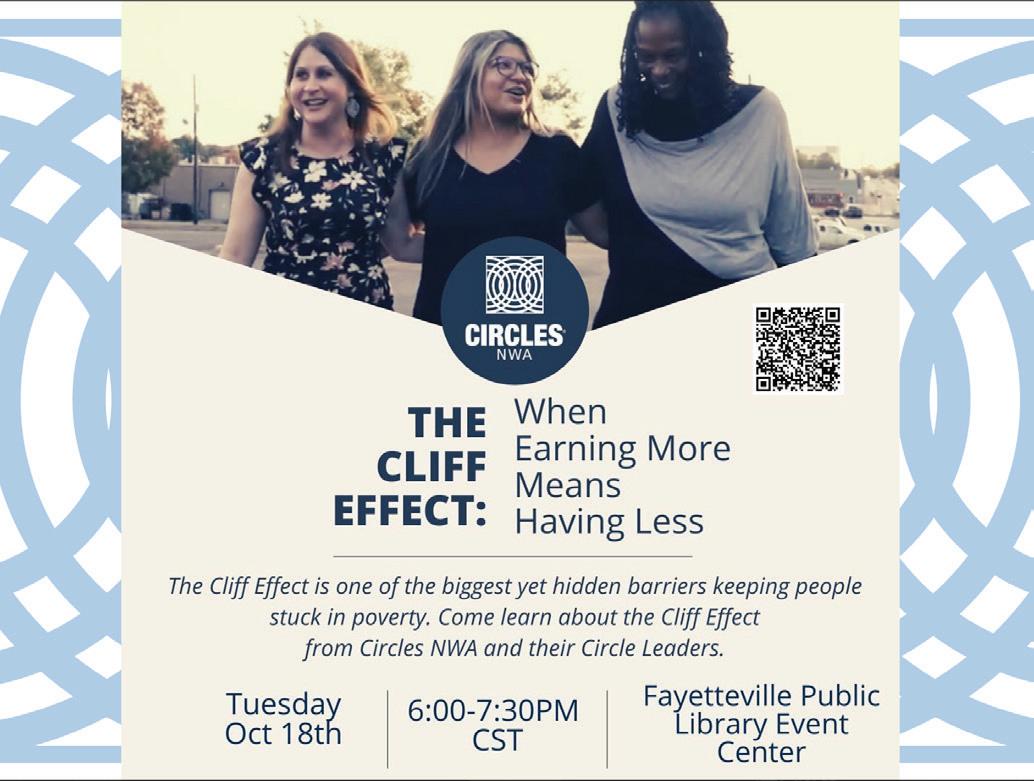
Participants—mainly single or separated parents who had seen their incomes rise from 0 to 90% or more of federal poverty guidelines in Circles—talked about the difficulties of navigating Medicaid’s website to calculate benefits thresholds; the frustration of turning down job promotions to maintain an unstable financial status quo; and how small income gains can result in even bigger losses.
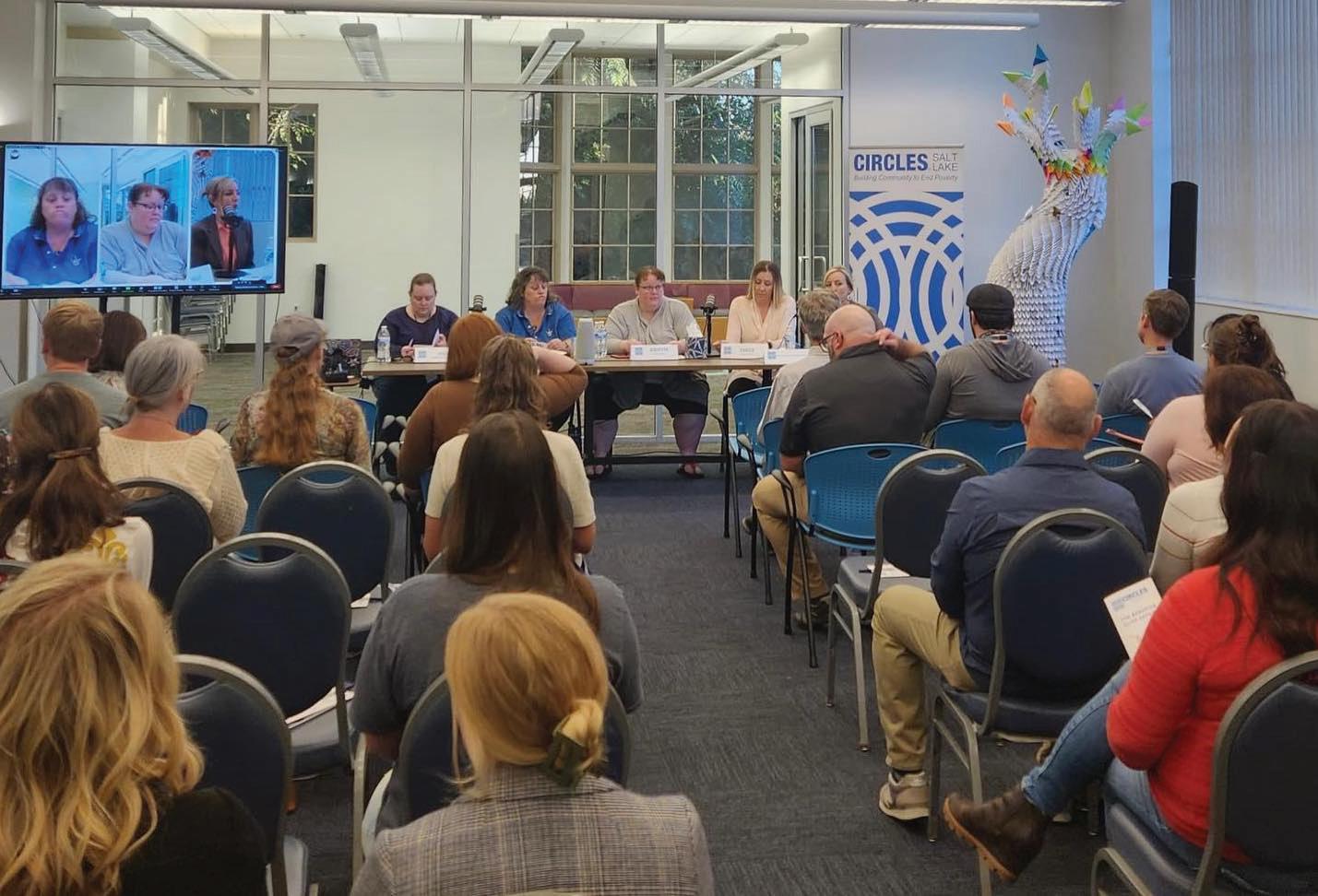
22 | Circles USA 2022 Impact Report
CIRCLES NWA
CIRCLES SALT LAKE
Bruce Forbes and Ame Sanders of Circles Upstate South Carolina found an innovative solution to their region’s lack of reliable transportation: vanpooling. These deeply rooted Greenville, South Carolina, residents are modeling how Circles chapters and Big View teams across the U.S. can leverage commercial, government, and faith-based resources to build transportation pathways in their own communities.
BIG VIEW SPOTLIGHT Transportation
“It’s the beauty of this Big View process: The direction that we’ve taken, this is totally replicable in any community that Circles serves right now.“
Bruce Forbes Special Projects Coordinator SHARE and Circles Upstate SC
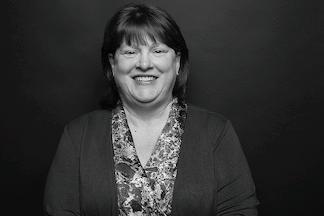
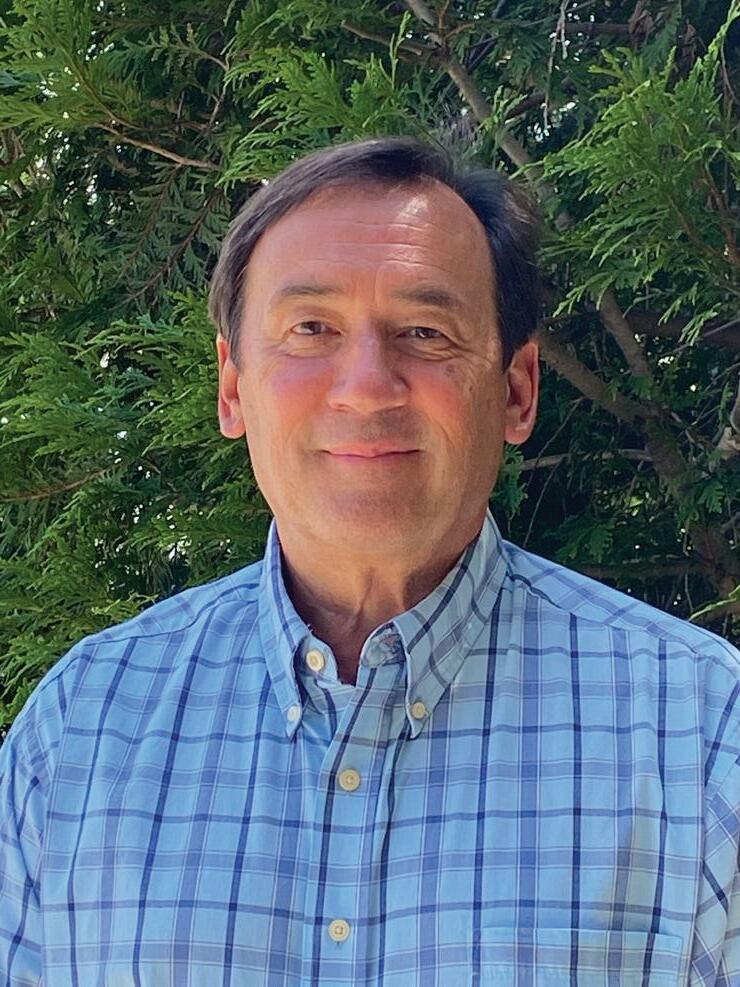
“You have to begin to become part of this bigger community of people who are trying to solve transportation problems. You can’t just be isolated off by yourself.“
Ame Sanders Big View Chair Circles Upstate SC
BIG VIEW SPOTLIGHT
Entrepreneurship
At Circles USA, we know that not everyone follows a traditional career path. That’s why we celebrate entrepreneurship as an avenue for talented, passionate people from every walk of life to reduce poverty within their families and communities. Here, Circle Leaders describe how Circles participation equipped them with the entrepreneurial skill sets and networks to launch their own heart-centered businesses.
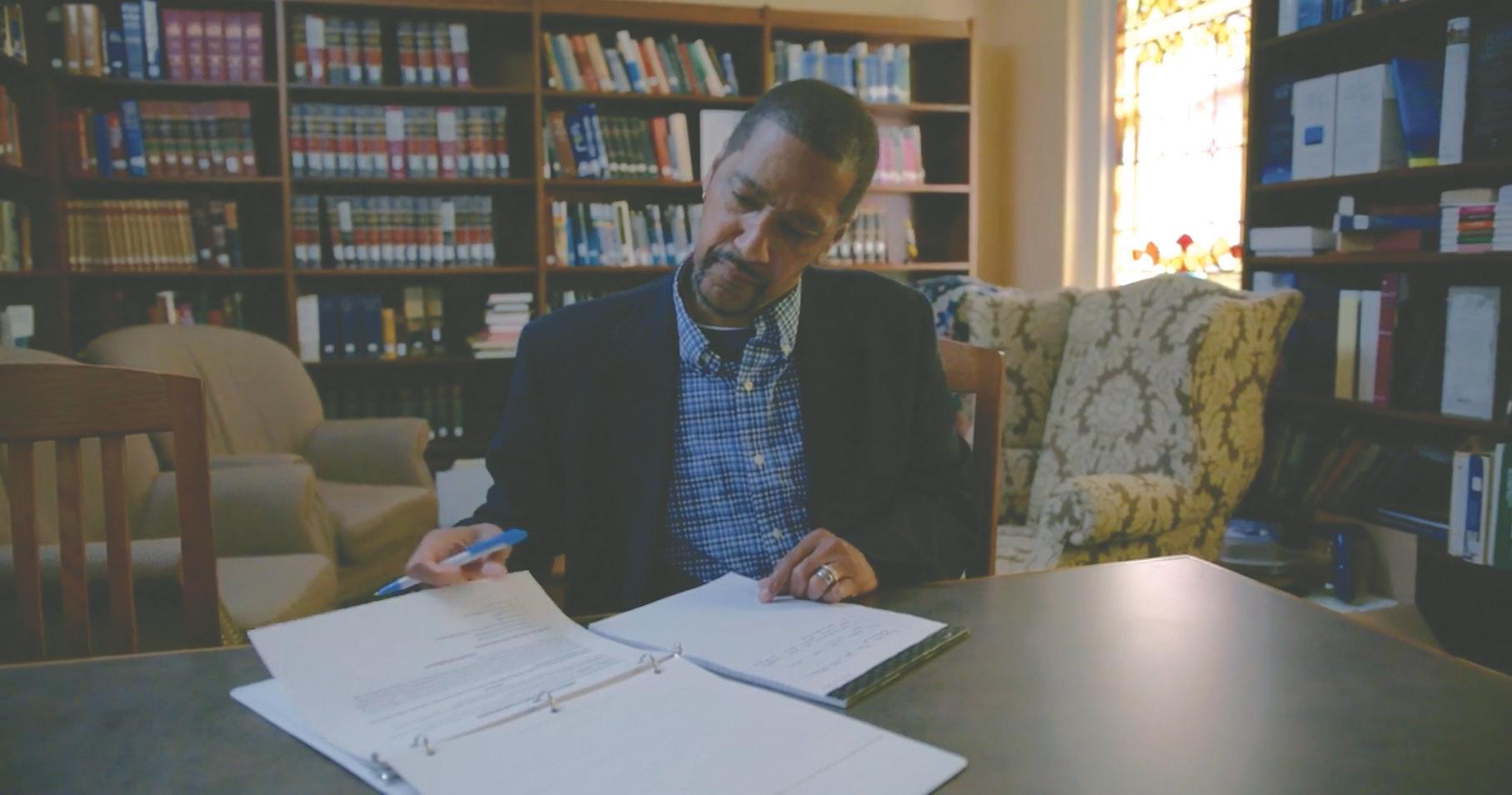
24 | Circles USA 2022 Impact Report
Predatory, high-interest loans run at an average 400% annual interest rate, trapping working families in cycles of poverty. Watch Circles USA leaders describe how they break this cycle by connecting participants with financial education, networks of support, and organized community actions to change predatory title loan regulations.
BIG VIEW SPOTLIGHT: Predatory Lending

25 | Circles USA 2022 Impact Report
POVERTY ALLEVIATION SYSTEMS
Circles USA continues to work with founder Scott Miller on innovative pilot projects encompassed within a Poverty Alleviation System (PAS). New chapters have emerged from PAS communities along with two major PAS pilots in Tennessee and Maryland.
Circles USA consulted in 2021 with the Upper Cumberland Human Resource Agency (UCHRA) to apply for Tennessee Opportunity Act planning grant, using the Circles model and poverty alleviation innovations at the heart of their proposal. In 2022, the Upper Cumberland collaborative Empower UC—which includes Circles as a partner—was awarded $25 million in
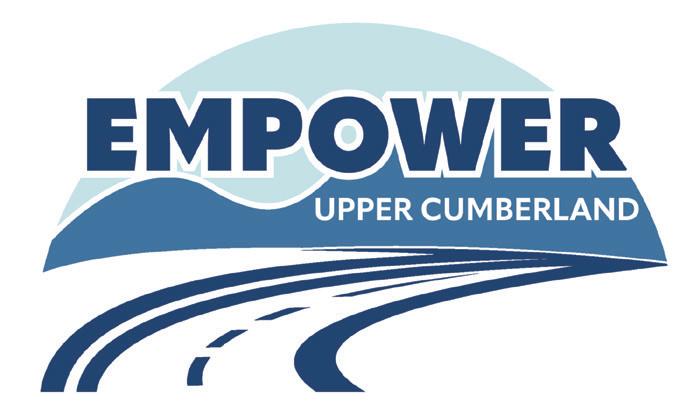
TANF Opportunity Act funds to implement its plan. This huge win for the region’s economy lays the foundation for a Circles multi-chapter drop-in for their high poverty 14-county region; it also creates an opportunity for future coalition-building across the nation.
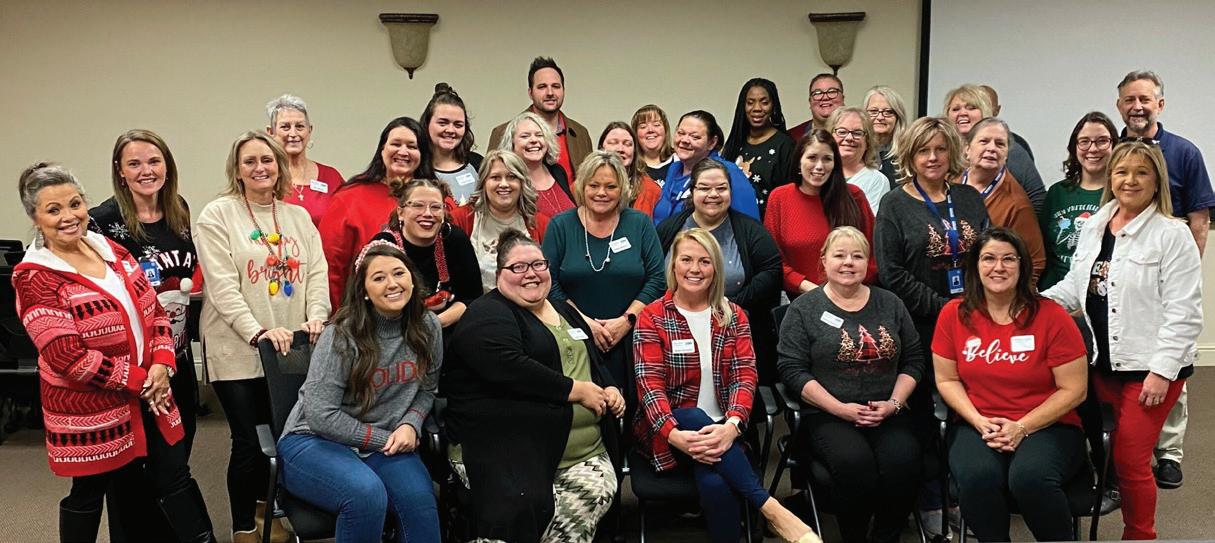
In 2022, the Western Maryland Workforce Development Consortium allocated $1 million in American Rescue Plan Act (ARPA) funds to their Community Action Council to build a PAS for Washington County, Maryland. Washington County residents have begun a Circles pilot and will work closely with Circles USA to adapt it to reflect their communities’ diverse needs.

Scott Miller and his team are leading the research and development aspect of this project as the chapter grows into a full expression of a Poverty Alleviation System.
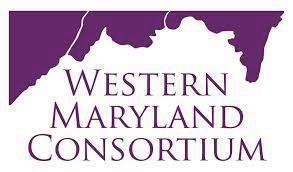
26 | Circles USA 2022 Impact Report
Circles USA continues to foster intentional relationships with missionaligned people and organizations. In recent years, we’ve reported on new collaborations with Bread for the World, a non-partisan, faith-based advocacy organization focused on ending hunger, whose Racial Wealth Gap Experiential has become an integral part of our staff training; and Ideos Institute, a nonprofit organization dedicated to the work of Empathic Intelligence (MQ) and its application to empathy-based reconciliation, conflict transformation, and redemptive leadership. In addition to piloting an empathy-based dialogue program with Circles Troup County in LaGrange, Georgia, Circles USA Executive Director Kamatara Johnson presented at Ideos’ 2022 National Day of Dialogue. Phase two of the Ideos pilot will continue in 2023, offering 10 chapters Big View leadership training in alignment with Ideos best practices.
Additionally, CUSA continues its collaborations with Leap Fund and the Federal Reserve Bank of Atlanta—partners whose tools and practices have deepened our thinking and expanded our approach to poverty alleviation. Both organizations offer cliff effect tools that provide critical information when our Circle Leaders have decisions to make about future employment opportunities or raises. Chapters are using this information as well to create future-forward action plans with Circle Leaders to get to the other side of the cliff.
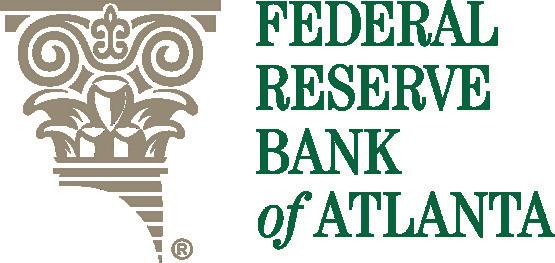
Founder and chief innovator Scott Miller remains central to our organization’s coalition-building. His agency Scott C Miller Consulting has become a key partner for Circles USA: In 2022, his latest vision for poverty alleviation systems yielded a $25 million TANF Opportunity Act grant for Circles partners in the Upper Cumberland region of Tennessee.
(See Poverty Alleviation Systems, page 26.)
PARTNERSHIP UPDATES




27 | Circles USA 2022 Impact Report
CIRCLES CANADA
Circles Canada continues to deepen and expand. In addition to the County of Lambton (see their spotlight in our 2021 Impact Report), Circles Chapters in Ontario include: London; County of Simcoe; Muskoka; Sudbury; Kingston; Oxford County; and City of Cornwall. To date, Circles Canada Chapters have supported 522 Circle Leaders.
CULTURAL SPOTLIGHT Circles Canada and Indigenous Peoples
In 2018, the first Circles Canada Indigenous Chapter launched in Temiskaming Shores. The Temiskaming Chapter was developed through consultation with Keepers of the Circle (an urban Indigenous Hub that operates from two locations situated in the historical Robinson-Huron Treaty territory); Aboriginal Learning Centre; Elders representing First Nations, Metis of Algonquin, and the Ojibwe Traditional Territories; and management from the District Social Services Administration Board (DSSAB). As a result, the First Nations and Metis Circles was formed, honoring the recommendations of the Truth and Reconciliation Commission of Canada.
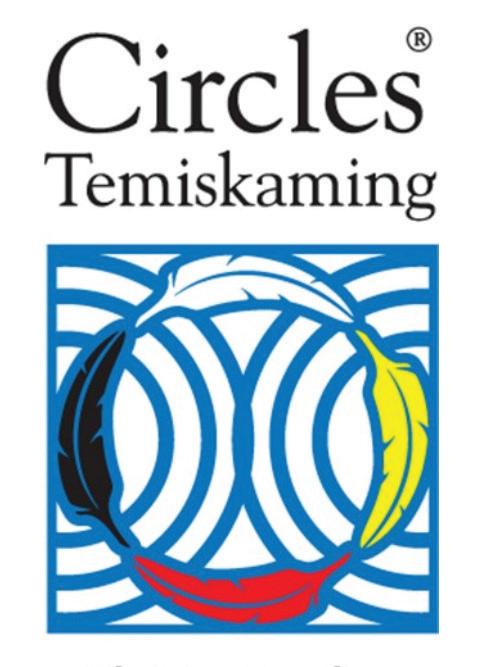
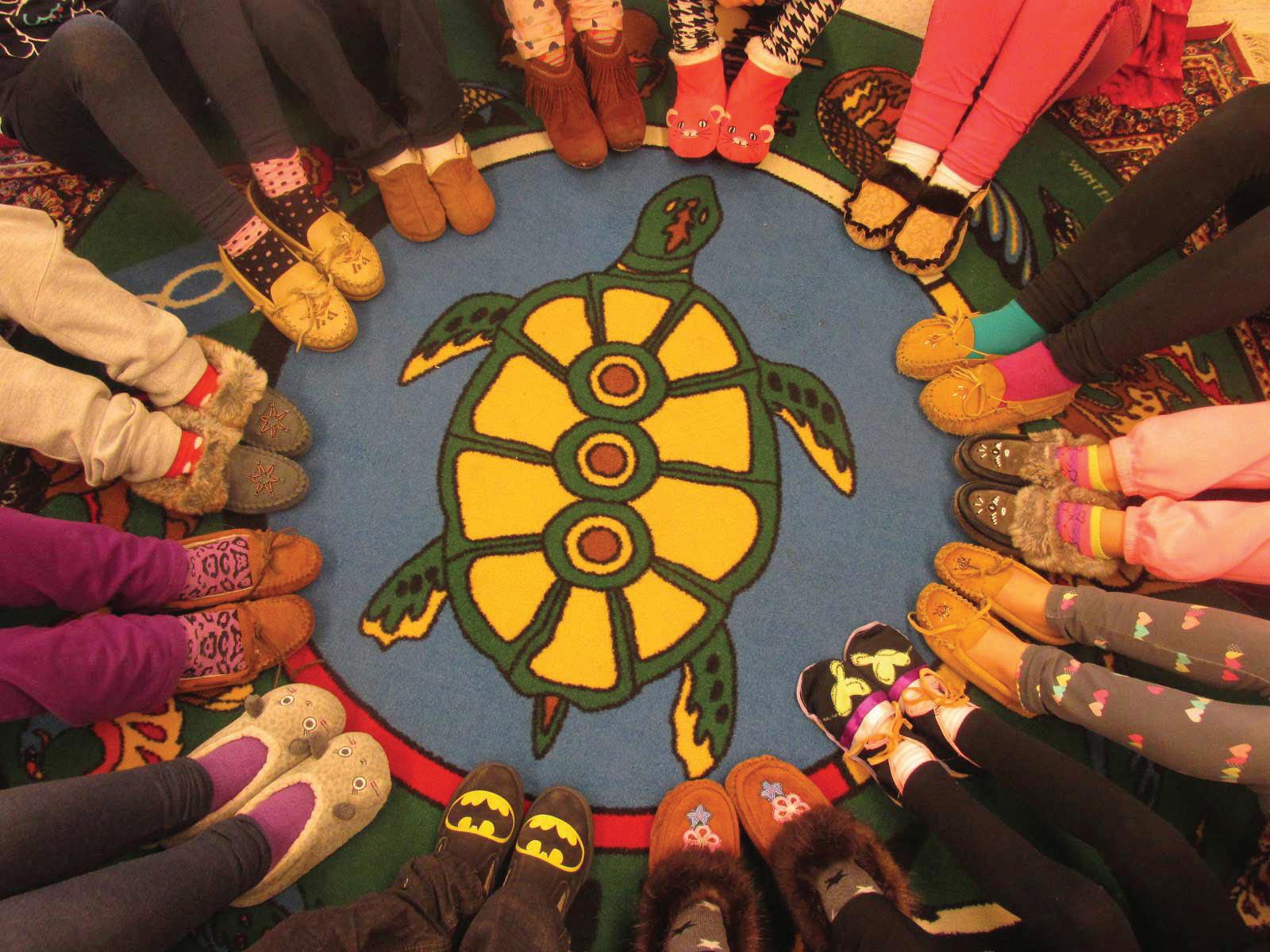
28 | Circles USA 2022 Impact Report
Walls Within: Diary of a Housing Crisis, a new podcast by Kelly Jones (Coordinator of the Muskoka North/South group), explores the housing crisis in Muskoka from the perspective of those most affected. Circles Canada community members share first-hand stories of their search for “a safe, affordable and fulfilling place to call home.” Through these stories, the Circles Muskoka Chapter—led by YWCA Muskoka—hopes to raise awareness of the scale and impact of the housing crisis and, ultimately, to inspire action.
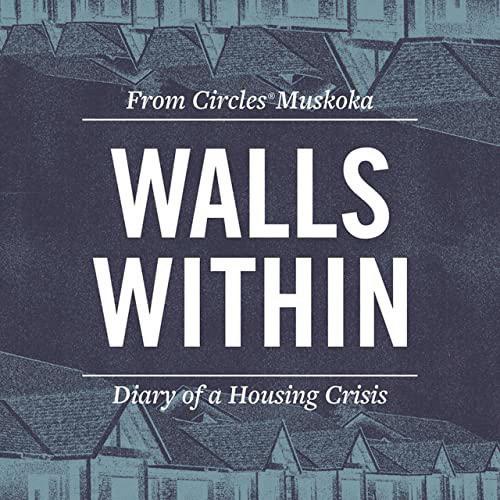
As well as premiering Walls Within, Circles Muskoka teams distinguished themselves in 2022 with a host of community-led projects to alleviate poverty. Recent initiatives included:
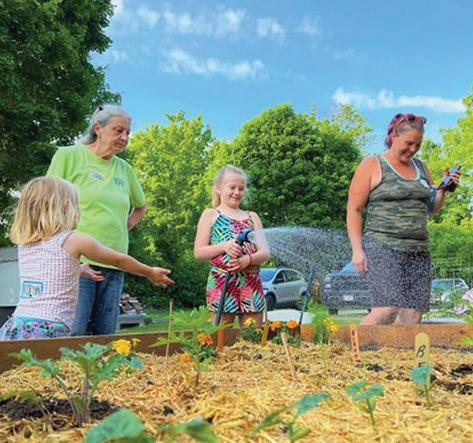
• Launching a Lived Experience committee, which offers organizations tangible solutions using the Bridges Model; language to help with paperwork; ways to help reduce barriers when trying to get resources; and more.
• Publishing a four-part article series on MuskokaRegion.com (linked here by topic) to address Big View topics like inflation, affordable housing, mental health, and common misconceptions about poverty.
• Building a community garden bed for one of five local food banks.
• Assembling and publishing digital and print editions of a cookbook for food bank-accessible resources, to be distributed at food banks and other poverty alleviation organizations in Muskoka and beyond.
CHAPTER SPOTLIGHT Circles Muskoka
29 | Circles USA 2022 Impact Report
CIRCLES USA LEADERSHIP TEAM
Kamatara has grown into the ED position formerly supporting Circles as the Chief Learning Officer. With a master’s degree in organizational leadership, 25 years of experience in secondary education, and a deep connection with our Circles chapters, Kamatara holds the space for collaboration, innovation, and empowerment for all the people in our Circles family
Chief Learning Officer (Albuquerque, NM)
Yvette is responsible for supporting Circles USA communications, curriculum, coaching, and training for the national network. With 25 years of experience in for-profits and nonprofits, training, management, and systemsbuilding, Yvette maintains the inner integrity of CUSA with a lens for equity.
Gena began working for Circles USA in 2006. She manages general inquiries, materials distribution, contract negotiations, accounting, and events. In addition to fully supporting our national staff, Gena connects our chapters to resources, best practices, and each other to support our thriving network.
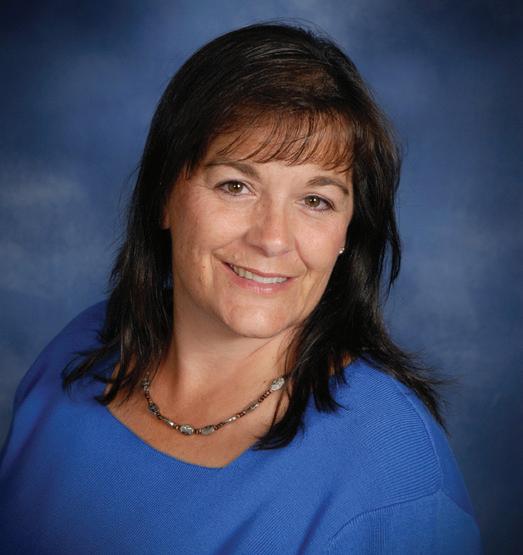
Courtney manages Circles USA’s national data system and trains Circles chapters on how to use it. She also serves as a graphic designer for Circles USA and creates websites, logos, brochures, manuals, guides, and reports for its chapters.

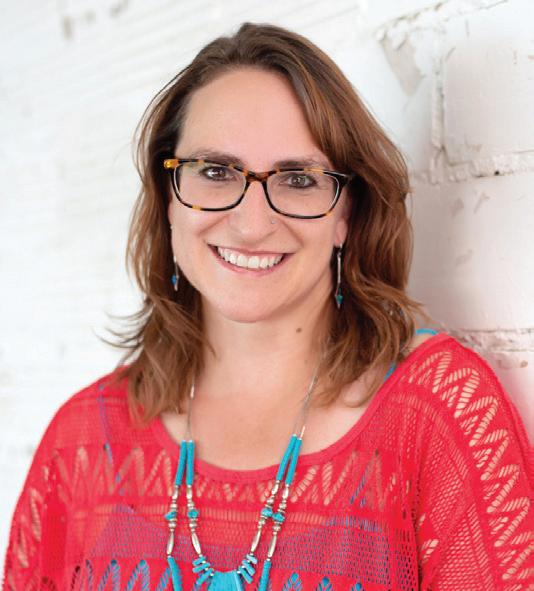
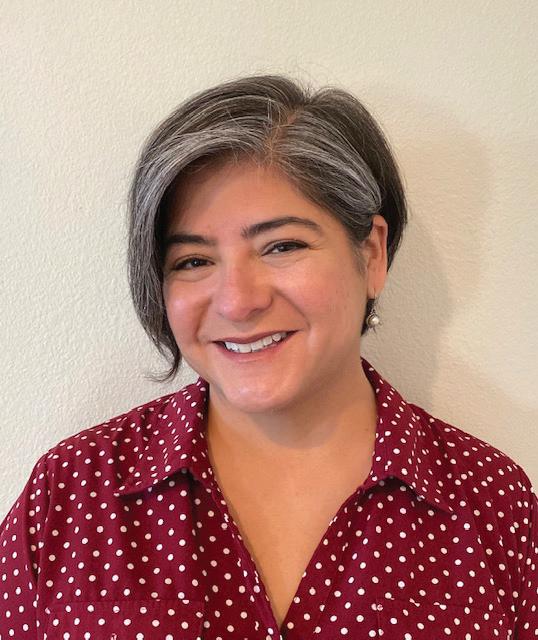 Information Systems and Design Manager (Lowell, AR)
Gena Atcher Administrative Coordinator (Rapid City, SD)
Kamatara Johnson Executive Director (Albuquerque, NM)
Information Systems and Design Manager (Lowell, AR)
Gena Atcher Administrative Coordinator (Rapid City, SD)
Kamatara Johnson Executive Director (Albuquerque, NM)
30 | Circles USA 2022 Impact Report
CIRCLES USA BOARD OF DIRECTORS
This year, we’re pleased to spotlight our four extraordinary Circles USA Board members: the governance team who oversees CUSA operations, advises on strategic directions, and contributes to specific projects that enhance what CUSA has to offer to its community of practice.
Joan Kuriansky
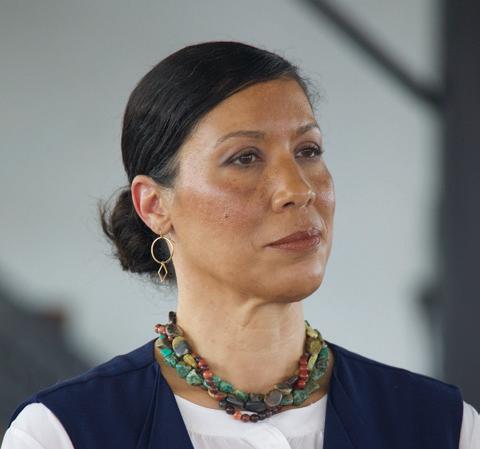 Board Chair and Former Executive Director of Wider Opportunities for Women (Washington, DC)
Board Chair and Former Executive Director of Wider Opportunities for Women (Washington, DC)
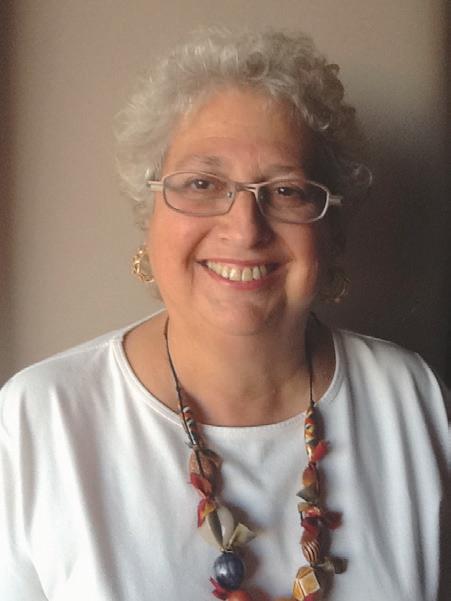
“I am a Circles Board member because I believe its approach to ending poverty is unique—the best in the field of anti-poverty work. We begin on a one-to-one level in building individual families’ economic well-being. And we work at a community level, building allies and, importantly, drawing on these experiences and relationships to make systemic long-term change that will reduce barriers for other families.”
President of Center for Community Futures (Berkeley, CA)
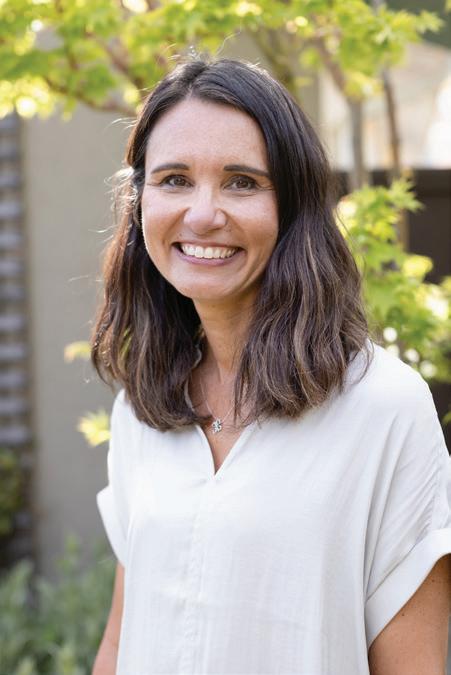
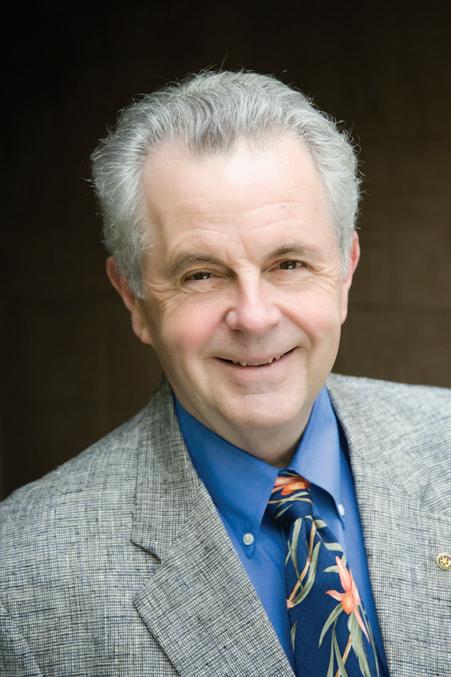
“I am a Circles USA Board member because I think most ‘programs’ focus too much on giving people stuff or trying to change individual behaviors . . . . Circles focuses attention on social systems. This includes building social capital by creating bridging and bonding relationships among individuals, and by changing the opportunity structure through Big View and Poverty Alleviation Systems.”
Director of Tsuha Foundation (San Diego, CA)
“I’ve been a Circles USA Board member since December 2018 because I wholeheartedly believe in its mission and want to contribute my time and resources to helping Circles grow. I believe that when people come together across income lines in friendship and support, both the individuals and their communities are positively transformed.”
Christy
“I am a Circles USA Board member because I believe deeply in the power and agency of those closest to social challenges and issues to transform them. The Circles model, and the leadership that supports it, inspire me every day to keep engaging in the difficult work of social transformation; and I’m both proud and humbled to be a part of the Circles mission of building community to end poverty.”
Vines Board Member and President & CEO of Ideos (Westlake Village, CA)
31 | Circles USA 2022 Impact Report
CIRCLES USA CONSULTING AND SUPPORT TEAM
Amy Brooks, Content Writer & Editor (Lexington, KY)
Jeannie Chaffin, Poverty Alleviation System Consultant (Washington, DC)
Lynette Fields, Expansion Advisor, Director of Poverty Solutions Group (Orlando, FL)
Adam Hartnett, Southeast Regional Support (Orlando, FL)
Jenny Lipfert, Graphic Designer (Cornish, NH)
Julie Liske, Midwest Regional Support (Oxford, MI)
Natalie Martyn, Social Media Consultant (San Diego, CA)
Sherri Nee, Curriculum Development (Portland, OR)
Lise Porter, Mental Health Specialist (Glendale, CA)
Helen Rai, Mid-Atlantic Regional Support (Richmond, VA)
Chris Tinney, Sales Ambassador (Las Vegas, NV)
Jeff Tuscano and Karen Todd, West Regional Support (St. George, UT)
TEAM SPOTLIGHT
Scott Miller, Founder, Circles USA
In this 2022 documentary short, Scott reflects on the origins of Circles in his experiences as a volunteer at homeless shelters; the power of bringing communities together to change the narrative and systems around poverty; and the innovation of his latest vision for poverty alleviation systems.
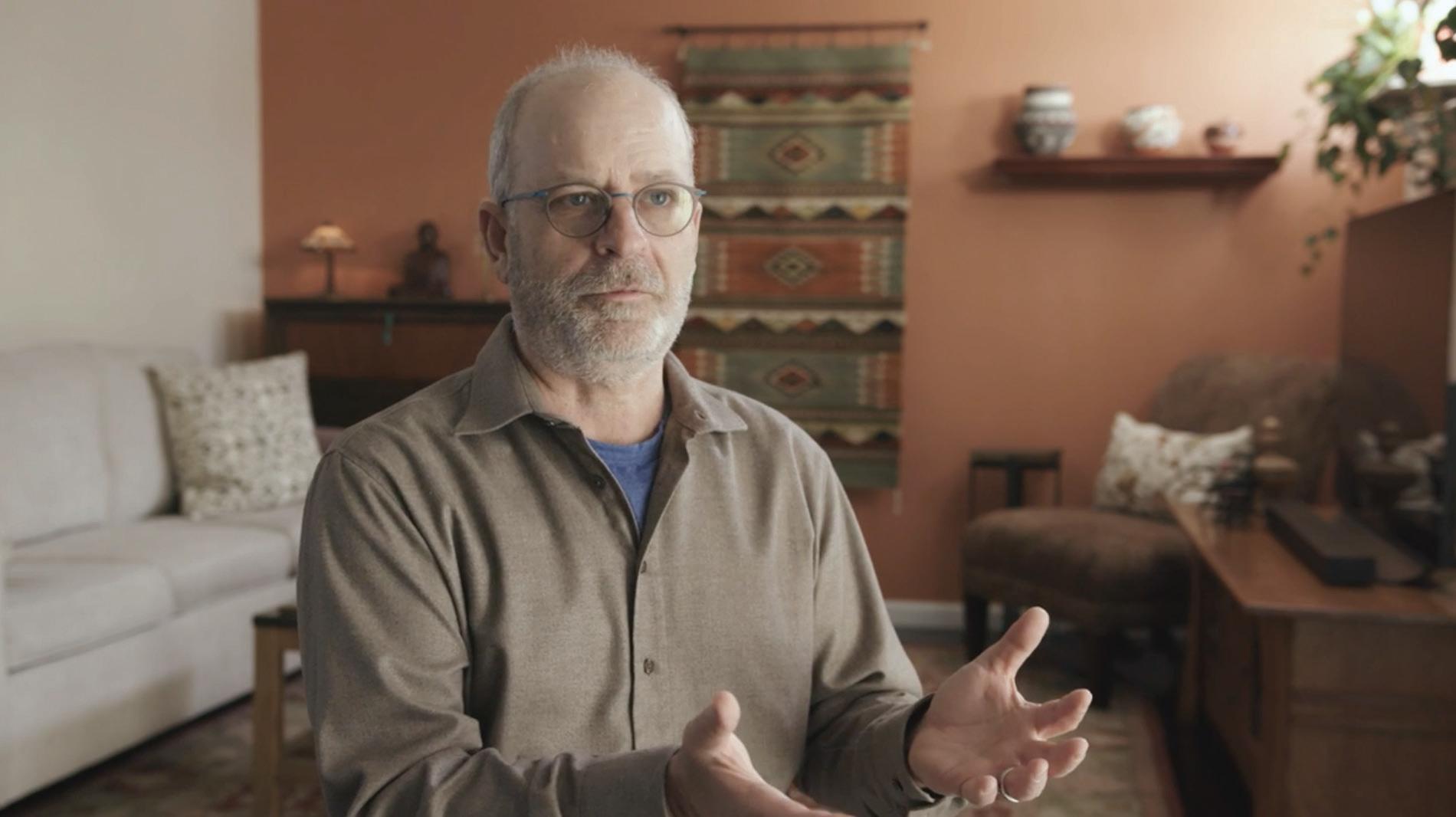
32 | Circles USA 2022 Impact Report
OUR FUNDERS AND PARTNERS
OUR FUNDERS AND PARTNERS

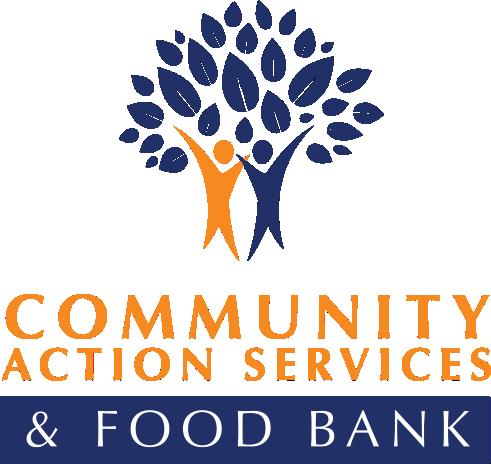
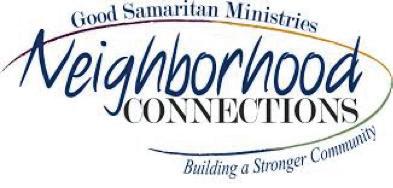
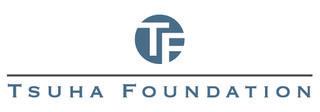



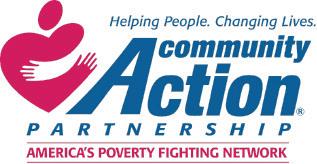




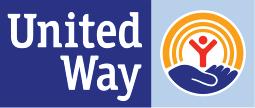
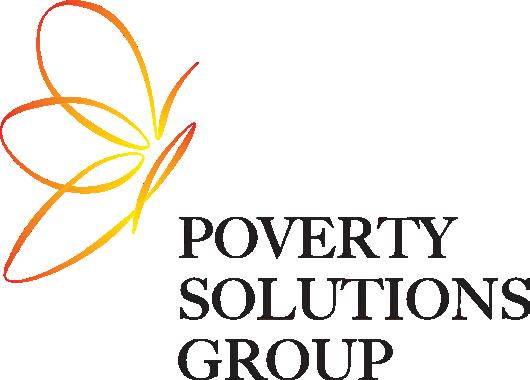




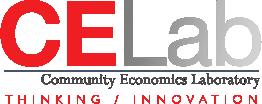







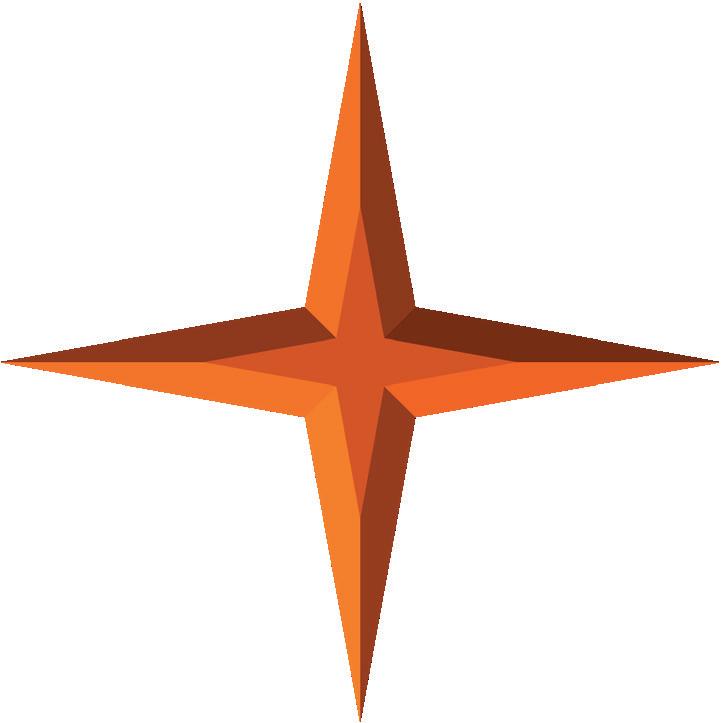


circles@circlesusa.org www.circlesusa.org 505 225 7991 Subscribe to our newsletter SavetheDate 2023 Leadership Conference October 16–19 Orlando, FL



















































































 Information Systems and Design Manager (Lowell, AR)
Gena Atcher Administrative Coordinator (Rapid City, SD)
Kamatara Johnson Executive Director (Albuquerque, NM)
Information Systems and Design Manager (Lowell, AR)
Gena Atcher Administrative Coordinator (Rapid City, SD)
Kamatara Johnson Executive Director (Albuquerque, NM)
 Board Chair and Former Executive Director of Wider Opportunities for Women (Washington, DC)
Board Chair and Former Executive Director of Wider Opportunities for Women (Washington, DC)

























